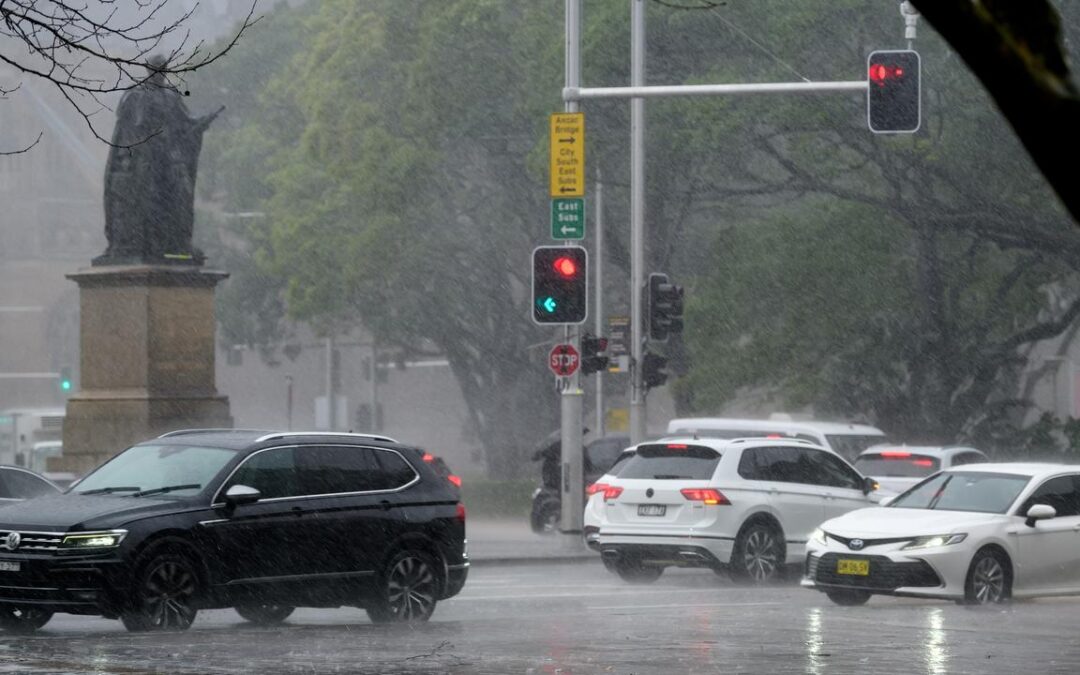
Father and son dead in river as flood threat grows
A father and son whose car crashed into a river have been found dead, as an abnormally wet August threatens rain records.
Police divers found their car about 11.20am on Thursday after it crashed into a tree and went into the Macdonald River at St Albans, northwest of Sydney, late on Wednesday.
The pair, whose bodies were later found in the water, are yet to be formally identified but are believed to be aged in their 20s and 50s.
A 24-year-old man survived after escaping the car and reaching the riverbank.
“We believe that they’re sons and a father,” NSW Police Inspector Claudette Gebrael told reporters shortly before the vehicle was recovered on Thursday.
The rain continues as Sydney approaches its wettest August since records began in 1858.
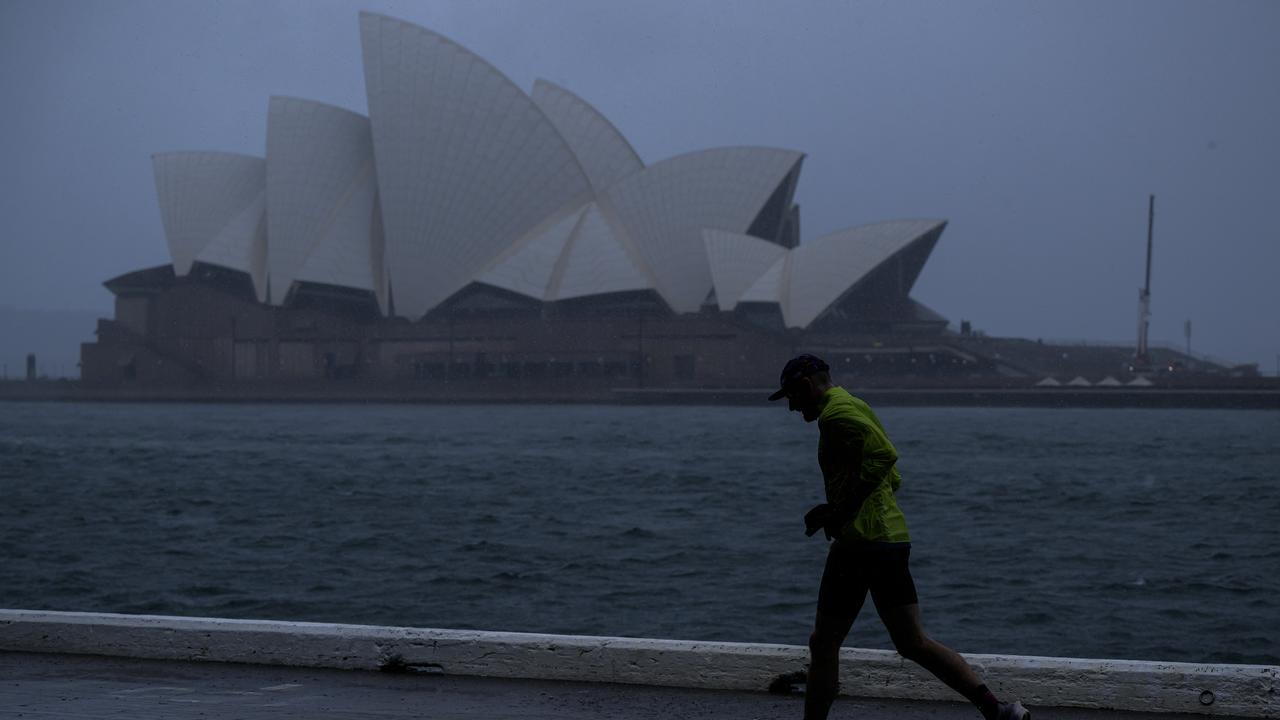
Sydney’s Observatory Hill station measured 82mm in the 24 hours to 9am – exceeding the August average in a day – while totals above 50mm were widespread along nearby coastal areas.
SES deputy commissioner Debbie Platz said the agency has conducted five flood rescues and urged people to avoid floodwaters.
“We don’t know what’s under this water … how deep it is, how fast it’s flowing, so it’s incredibly important that everyone stays out,” she said.
A man was rescued at Douglas Park, southwest of Sydney, while the agency has received more than 1100 calls for assistance.
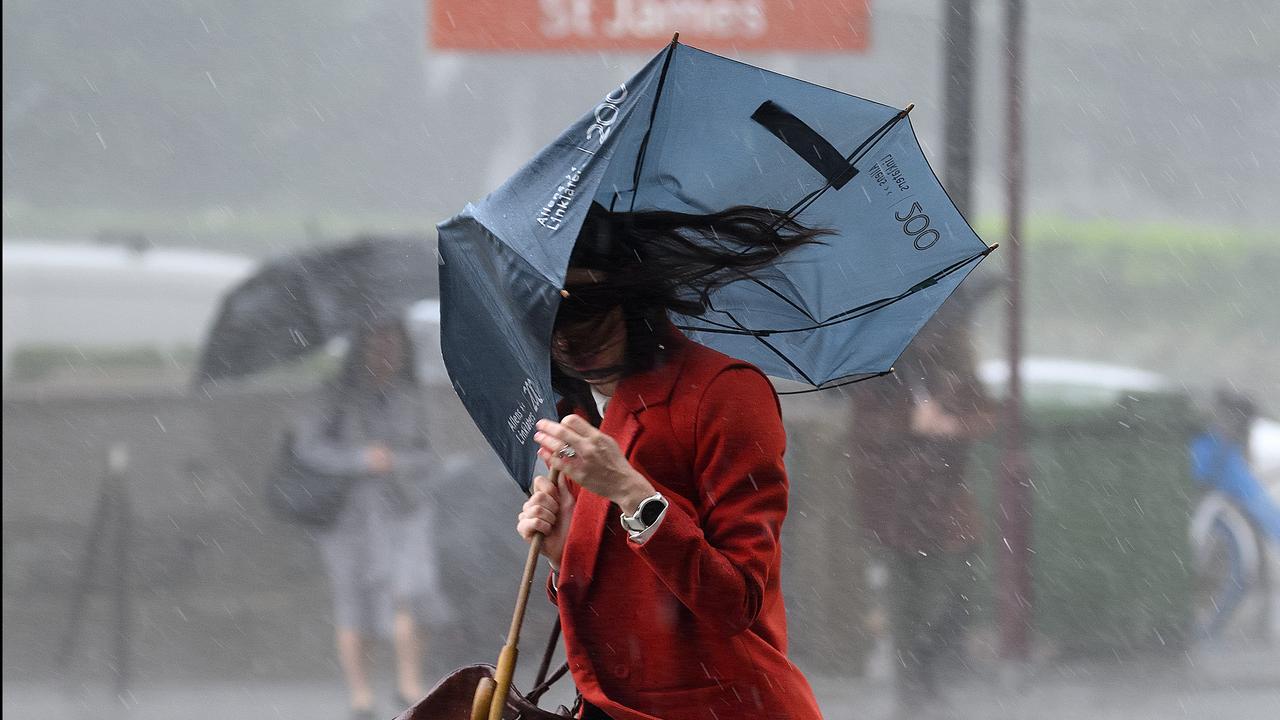
It’s the state’s latest bout with severe weather in recent months.
“Storms and flooding have been constant this year and we know that people are tired,” Ms Platz said.
“Some people are becoming complacent – we urge you not to do that.”
The SES was grateful for its 11,000 volunteers involved in repeated responses, she said.
“Of course, they do get tired,” Ms Platz said.
Rolling emergencies had also driven more people to volunteer, with more than 300 applying to the agency after floods at Taree and surrounding areas in May, Ms Platz said.
The weather bureau said rainfall had been lower than expected over the state but flood threats remained.
“Saturated soils and the rivers already being full are showing that even with moderate rainfall, these rivers are responding,” Bureau of Meteorology’s hazard preparedness and response manager Steven Bernasconi said.
“It’s not taking a lot to move those rivers.”
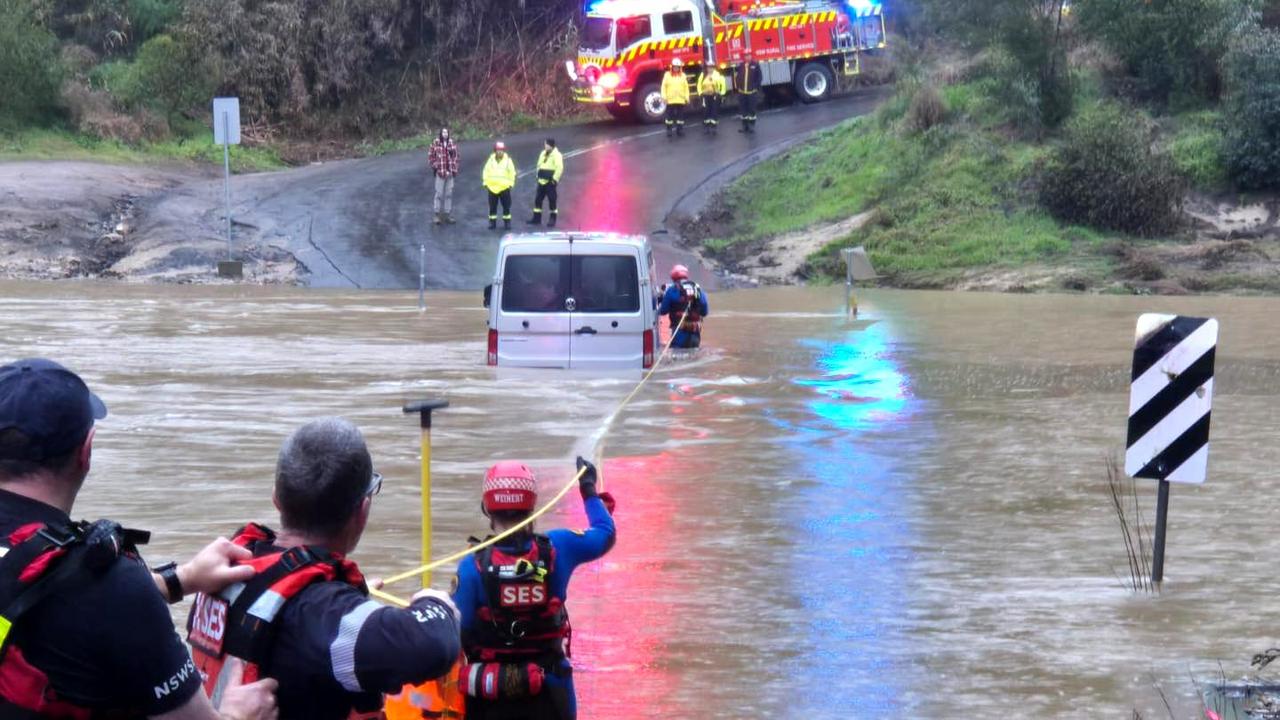
Flood watches were active around the mid-north coast, northwest slopes and Hunter region in NSW, with major flooding possible on the Namoi River at Gunnedah.
Residents north of the river have been advised to prepare to be isolated.
A high-pressure system was lingering in the Tasman Sea while surface troughs onshore were deepening.
“Together, they are combining to create a severe and widespread wet weather event,” Mr Bernasconi said.
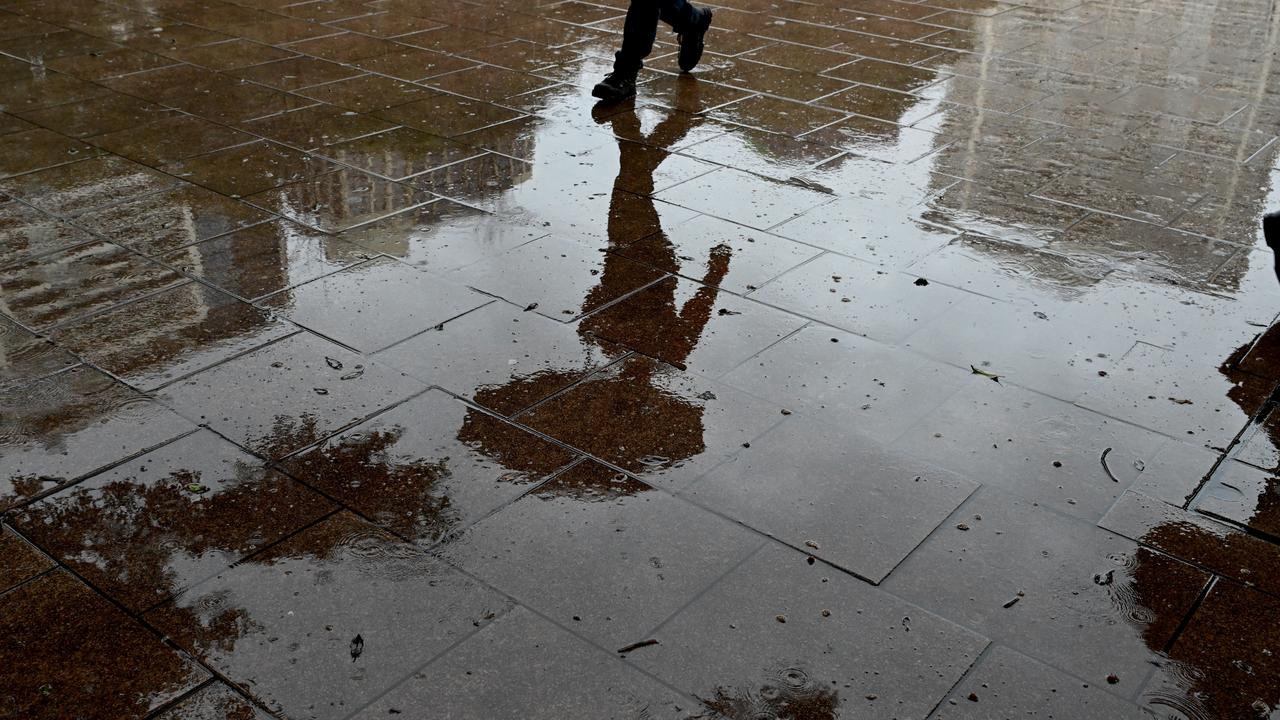
Higher falls are expected closer to the coast and conditions should stabilise in coming days.
Port Macquarie on the NSW mid-north coast recorded 195mm of rain in the 24 hours to 2pm on Thursday.
Rainfall totals above 50mm were widespread in coastal parts of Sydney, the Central Coast and Wollongong.
More than 356mm of rain has fallen in three weeks in Sydney’s CBD, closing in on the city’s all-time August record of 482mm, set in 1998.
In southeast Queensland, Yandina Creek on the Sunshine Coast received 71mm of rain in five hours from 9am on Thursday, with 54mm in the same period at Burleigh Waters on the Gold Coast.
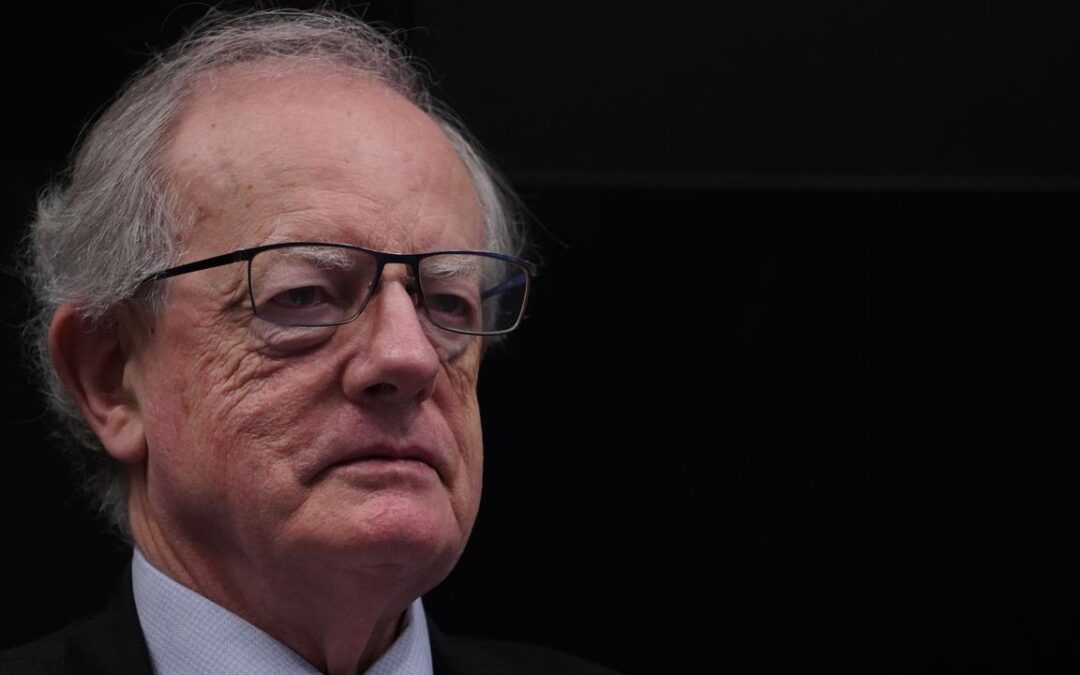
Anti-corruption watchdog boss defends cloak of secrecy
The national anti-corruption watchdog is investigating dozens of cases, its commissioner has revealed as he defended holding private hearings.
Paul Brereton said the national anti-corruption commission (NACC) had launched about 35 preliminary investigations and 38 corruption investigations, including 12 joint operations with other agencies, and held 31 private hearings.
It is also overseeing 16 cases being run by other agencies.
Four matters were before the courts and the commission had received 458 referrals since July 1, he added.
Mr Brereton also defended withholding the name of a Home Affairs Department official the commission found had abused public office to get her brother-in-law hired.
A public revelation wouldn’t have achieved anything further as a deterrent had already been put in place through the release of the commission’s findings.
“I don’t think there will be too many public servants recruiting their brother-in-law into their department in the immediate future,” he told Transparency International Australia’s anti-corruption summit in Melbourne on Thursday.
It was a discretionary decision that had to weigh the ongoing consequences of exposing an individual, including their safety, Mr Brereton said.
Naming the person “would have avoided a whole lot of grief” after anger at the decision but it wasn’t the right thing to do.
“It’s not right in all circumstances to name these individuals who aren’t secretaries or heads of agencies but medium-level officials who aren’t public figures,” he said.
The commissioner said he was certain officials would be named in the future and it was “unfortunate” the commission’s first finding didn’t warrant a public naming.
He added he was confident there would also be public hearings, which are allowed if they meet a threshold of “exceptional circumstances”.
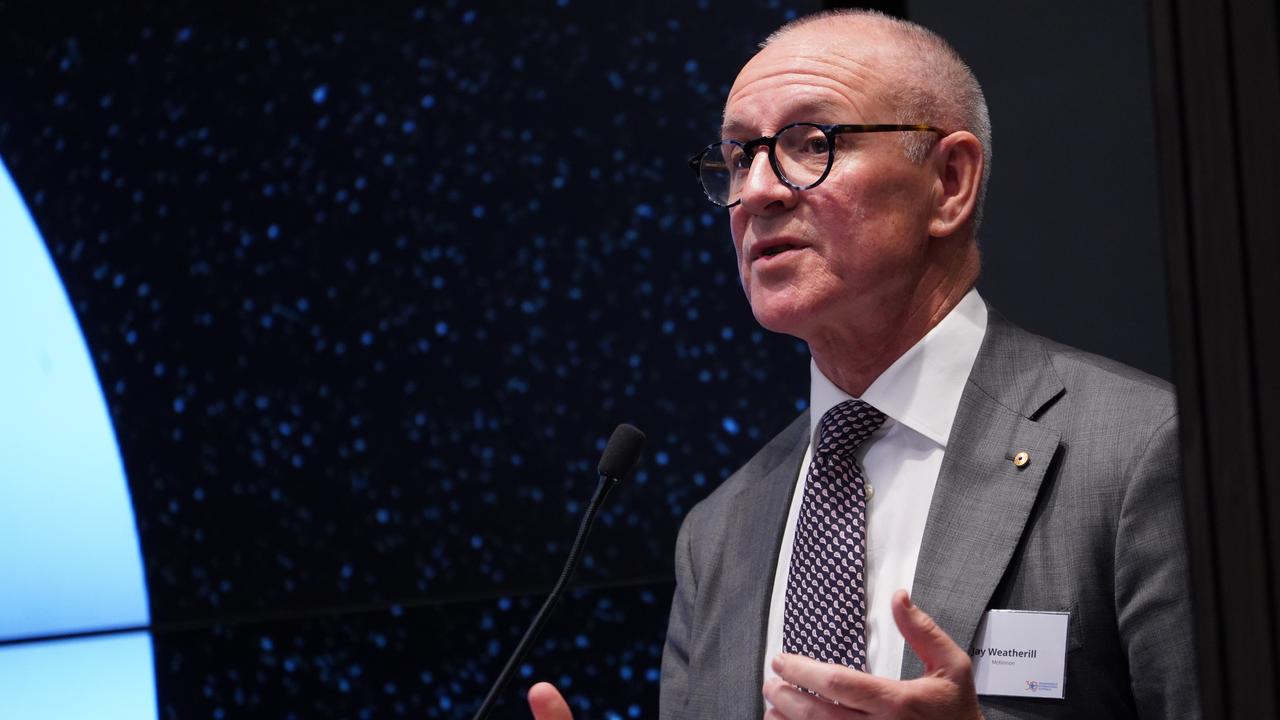
Former South Australian premier Jay Weatherill, who now acts as the McKinnon Foundation’s executive director of democracy, defended hearings being held in private, saying frivolous referrals could ruin careers.
Mr Weatherill said investigations and hearings he was dragged into on the periphery of a corruption investigation during his time in office would have ruined his career and handicapped his government, despite eventually being cleared.
“If that had played out in the public I wouldn’t be sitting here right now,” he said.
“You’ve got to realise that this plays into a real-world political context where people will weaponise allegations.
“It might be fine to say in six months’ time that we were entirely exonerated, but there’s nothing left of you … people have made up their mind at the first unsubstantiated allegation.”
Independent Broad-based Anti-corruption Commission chief executive Alison Byrne called for Victorian legislation to be changed to allow the agency to make findings of corruption, which it couldn’t do under the existing legal definition.
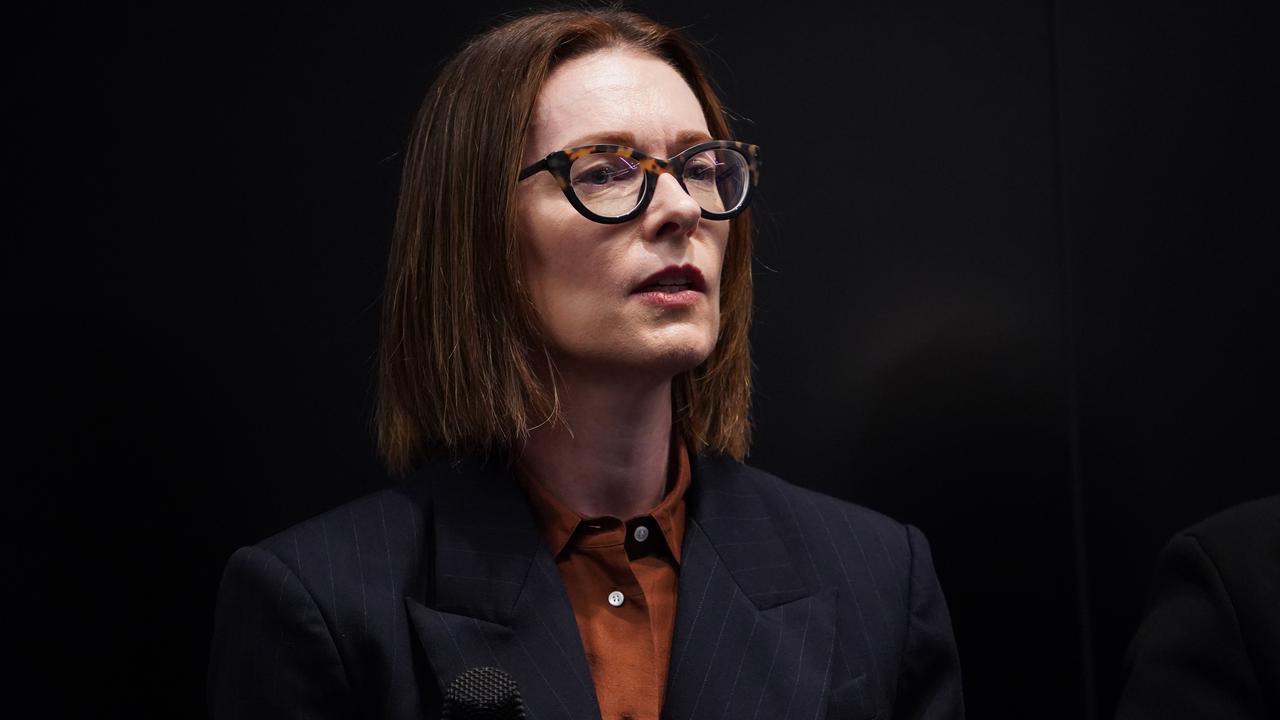
Greens senator David Shoebridge hit back against the lack of public hearings by the national anti-corruption commission, saying public servants were being shielded from scrutiny.
“Commissioner Brereton is correct in saying leadership and culture are essential to tackle corruption,” he told AAP.
“But unfortunately with the NACC, that leadership has been solely absent in its first two years.
“It has held 31 entirely secret hearings and delivered a report where it protected the corrupt official by refusing to release their name – that’s not the leadership the public are looking for.”
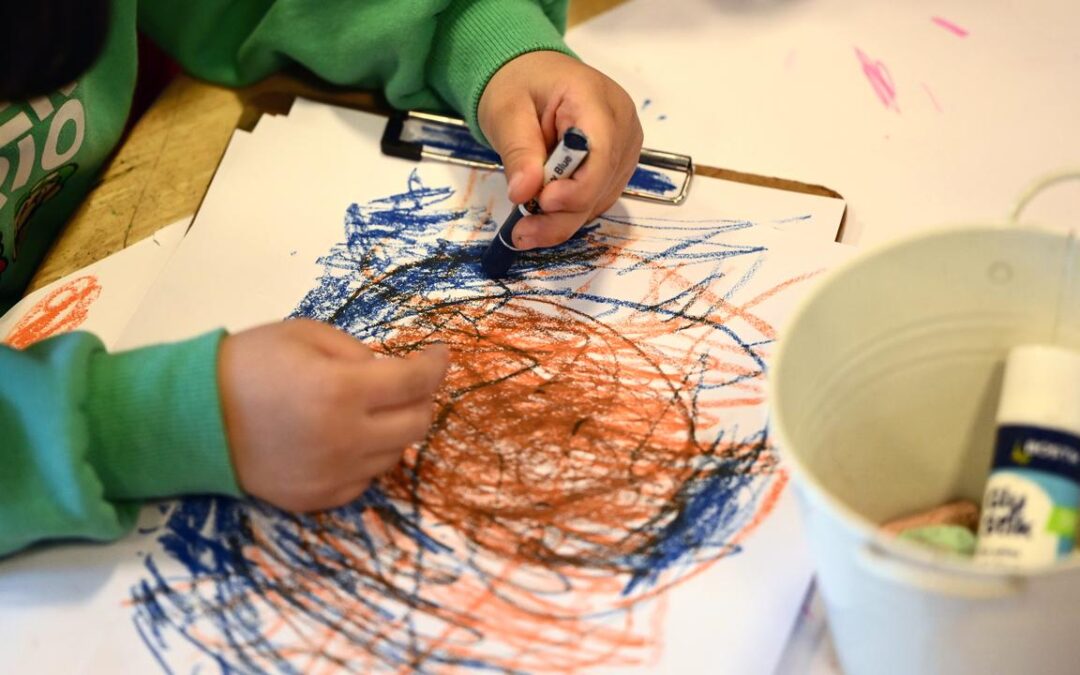
More details sought on plan to shift autism from NDIS
Advocates want certainty on supports provided to children with autism under a major overhaul of the NDIS, as the minister overseeing the scheme tries to reassure parents about the changes.
Children with mild to moderate autism and those with developmental delays will be moved off the National Disability Insurance Scheme and into a separate $2 billion program called Thriving Kids.
It will begin rolling out from July 2026 and be fully implemented by July 2027.
Children with autism on the NDIS won’t be steered away from the NDIS until supports under the Thriving Kids program are fully rolled out.
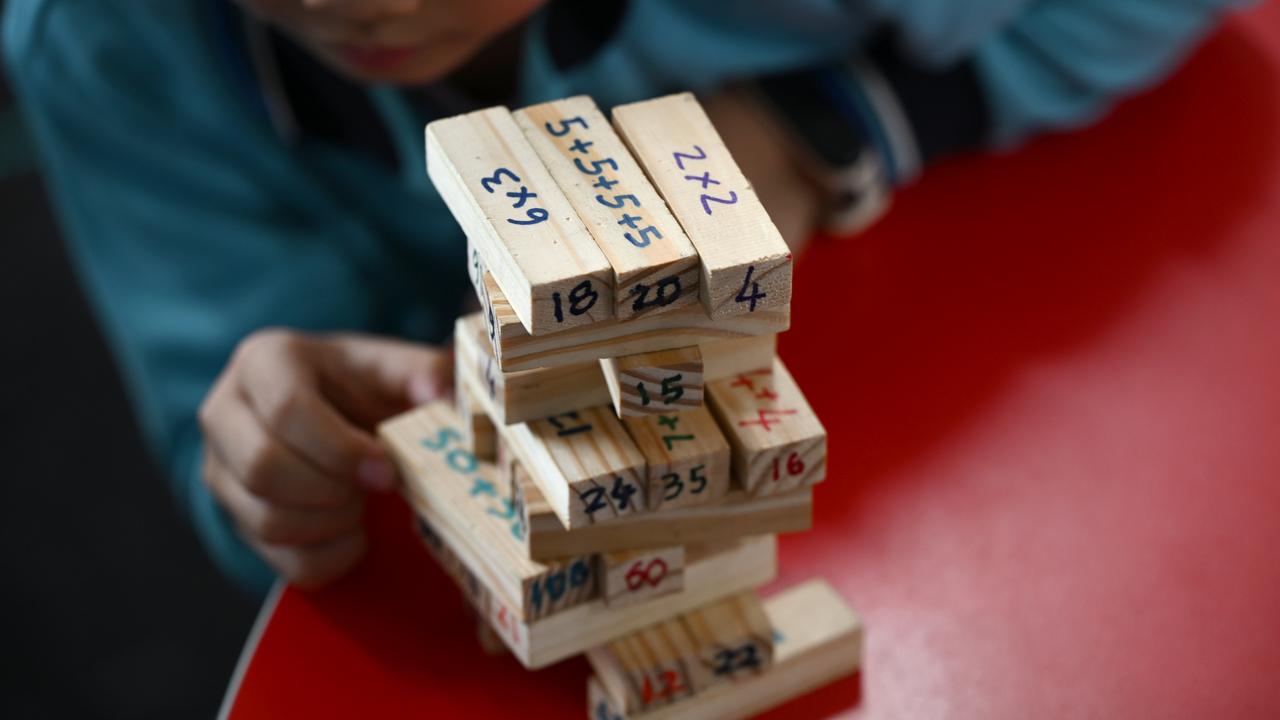
Autism peak body Aspect says families must have confidence there will be continuity of support for children.
“Autism is a lifelong developmental condition and it’s vital that children and their families have access to the right supports early on so they can grow and thrive,” chief executive Jacqui Borland said.
Disability Minister Mark Butler said the changes were needed to ensure the sustainability of the $52 billion NDIS.
Half of new entrants to the NDIS are children under nine, with the majority of them on the autism spectrum or having a developmental delay.
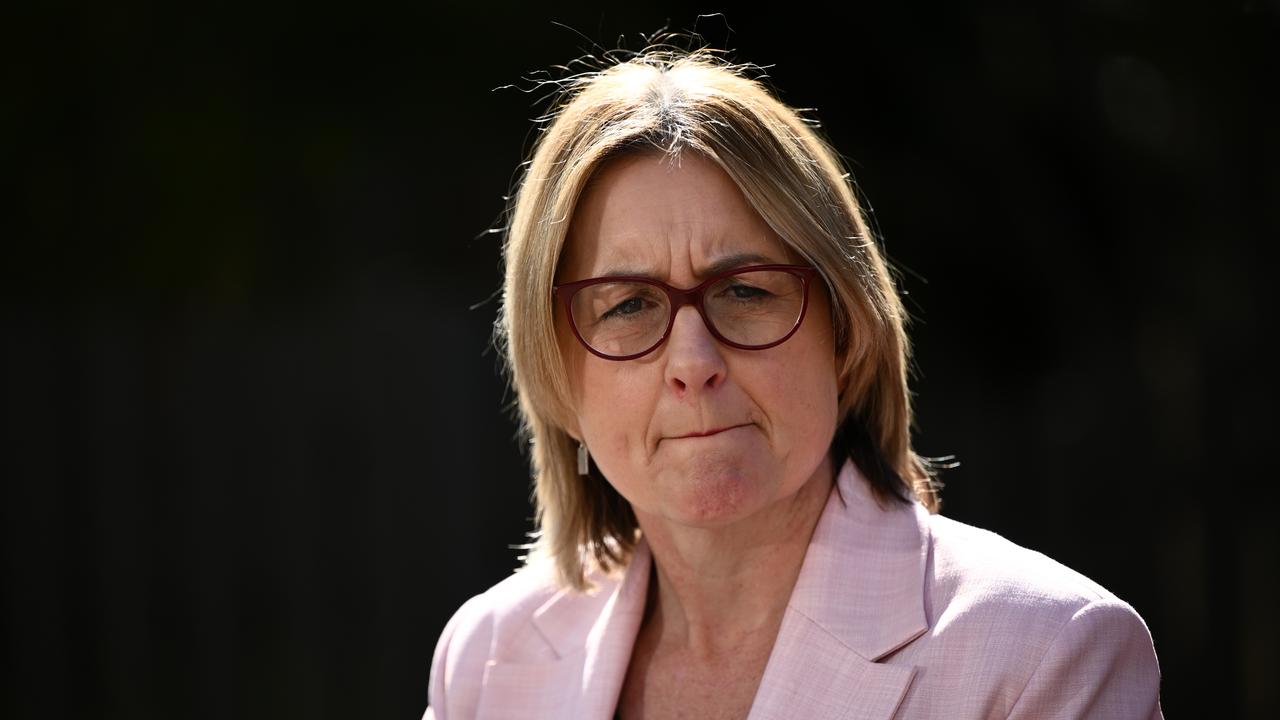
Victorian Premier Jacinta Allen said her government was caught off guard about the changes.
“Like many states and territories, we heard about the proposed changes from the federal government when the minister made his address yesterday,” she told reporters in Melbourne on Thursday.
“There are many families, particularly many parents, today who have got many questions and I hope that the federal government can move quickly to answer the questions that families are asking.”
Mr Butler said Thriving Kids would build a new system of support through infant and maternal health systems, primary care and childcare centres, and in community centres.
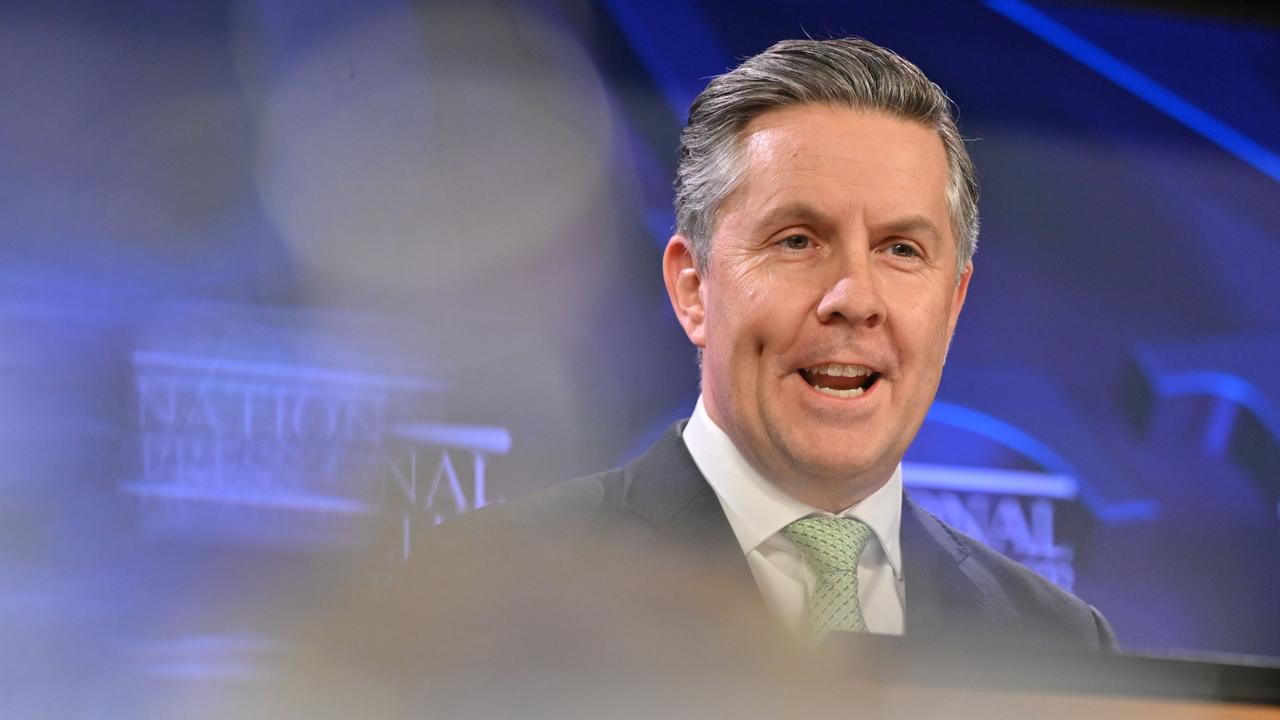
“This has been a hard message for many parents to hear. I know that because the NDIS has been the only port in the storm for them,” he said.
“So what I’m trying to do is to give them a really strong reassurance that governments are going to be there for them.”
Opposition health spokeswoman Anne Ruston wants more details on the changes.
“There are probably very many parents who will be distressed about the uncertainty that yesterday has created for them,” she told ABC Radio on Thursday.
“The thing that concerns me most is the lack of detail and the impact that’s likely to have on many parents, many families.”
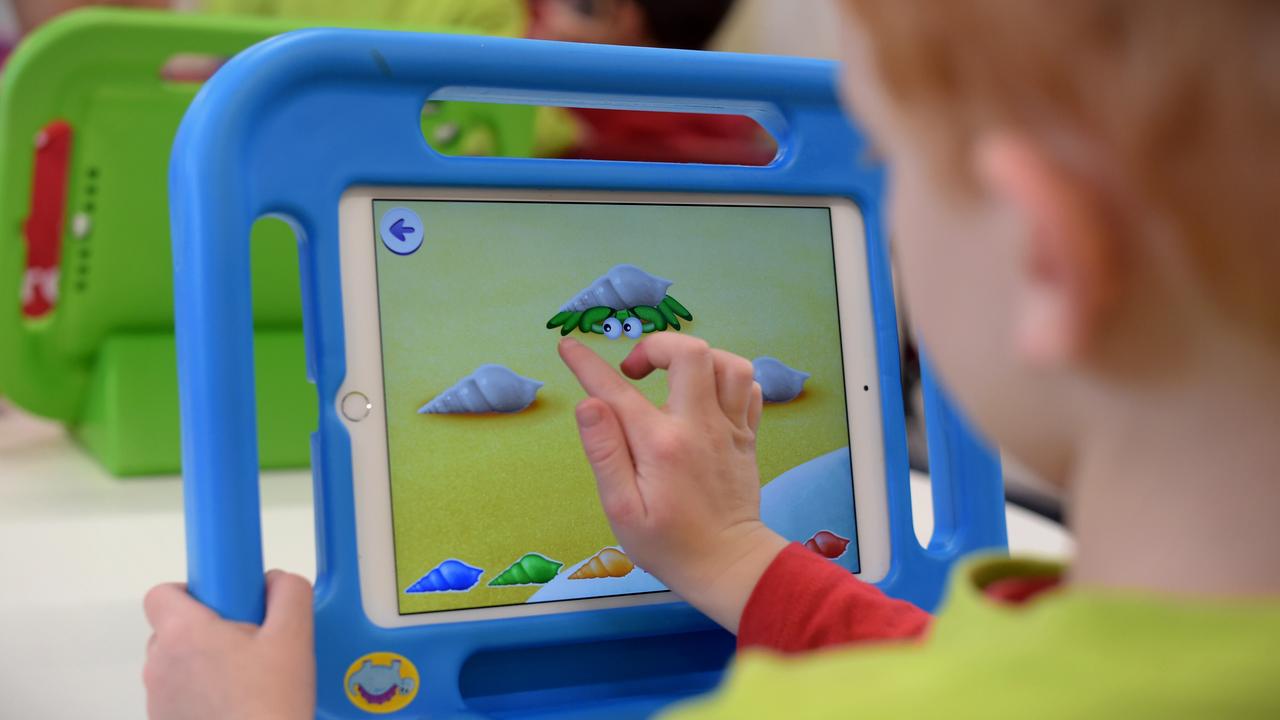
The new program has been welcomed from many child and family organisations, including The Front Project
Government investment in Thriving Kids represented a fundamental shift towards holistic care for children with mild autism or development delay, chief executive Caroline Croser-Barlow said.
“For too long, children with development delay or mild autism have had to wait for diagnosis to access supports that are too often in clinical settings,” she said.
The announcement came ahead of the third day of the government’s economic reform roundtable, which is discussing budget sustainability issues.
The NDIS is the budget’s third-largest expense and is set to cost taxpayers more than $52 billion in 2025/26.
Treasurer Jim Chalmers praised Mr Butler’s speech in his opening remarks to the roundtable on Thursday.
“We have got the NDIS growth down substantially but (it’s) still growing very quickly,” he said.
Spending restraints did not need to extend to broader social welfare programs, Australian Council of Trade Unions secretary Sally McManus told reporters during Thursday’s roundtable.
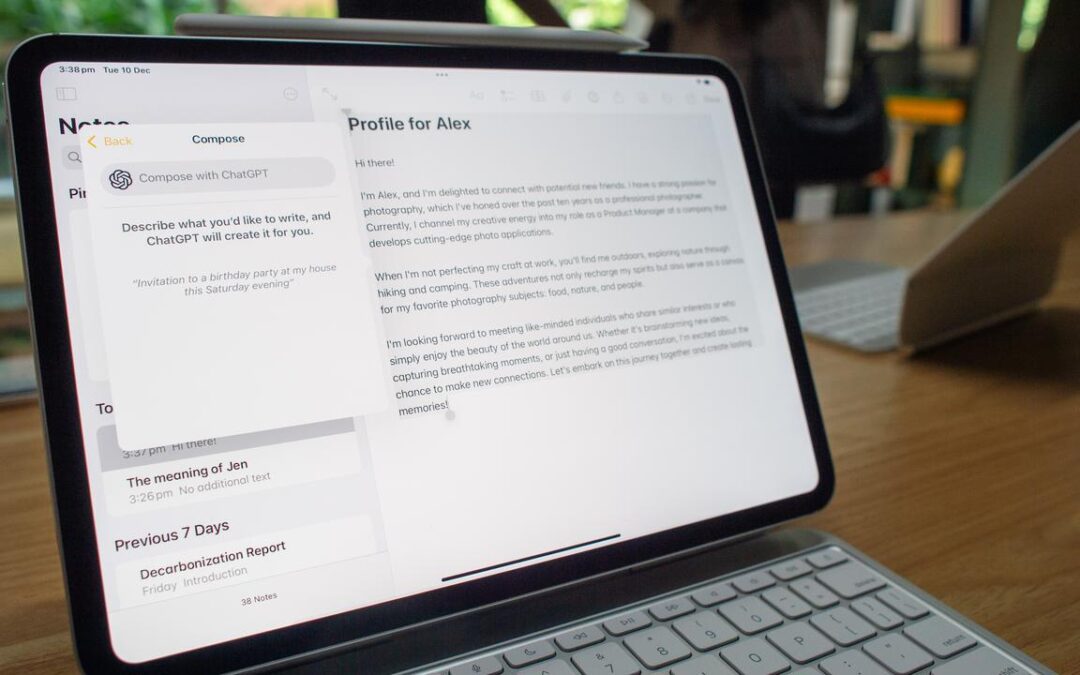
Arts sector poised to benefit from AI content deal
Australia’s tech sector and unions will work together on a model that pays creatives for content used to train artificial intelligence.
Australian Council of Trade Unions secretary Sally McManus said the peak union body reached a breakthrough with Tech Council chairman Scott Farquhar at the government’s economic reform roundtable late on Wednesday.
“There’s agreement that we’re going to give this a real good go at coming up with a model that makes sure that people are actually paid for what they produce. So that’s a big thing,” she told reporters on the sidelines of the summit in Parliament House on Thursday.
The deal comes as a major bank’s backflip shines a light on concerns about AI replacing human workers.
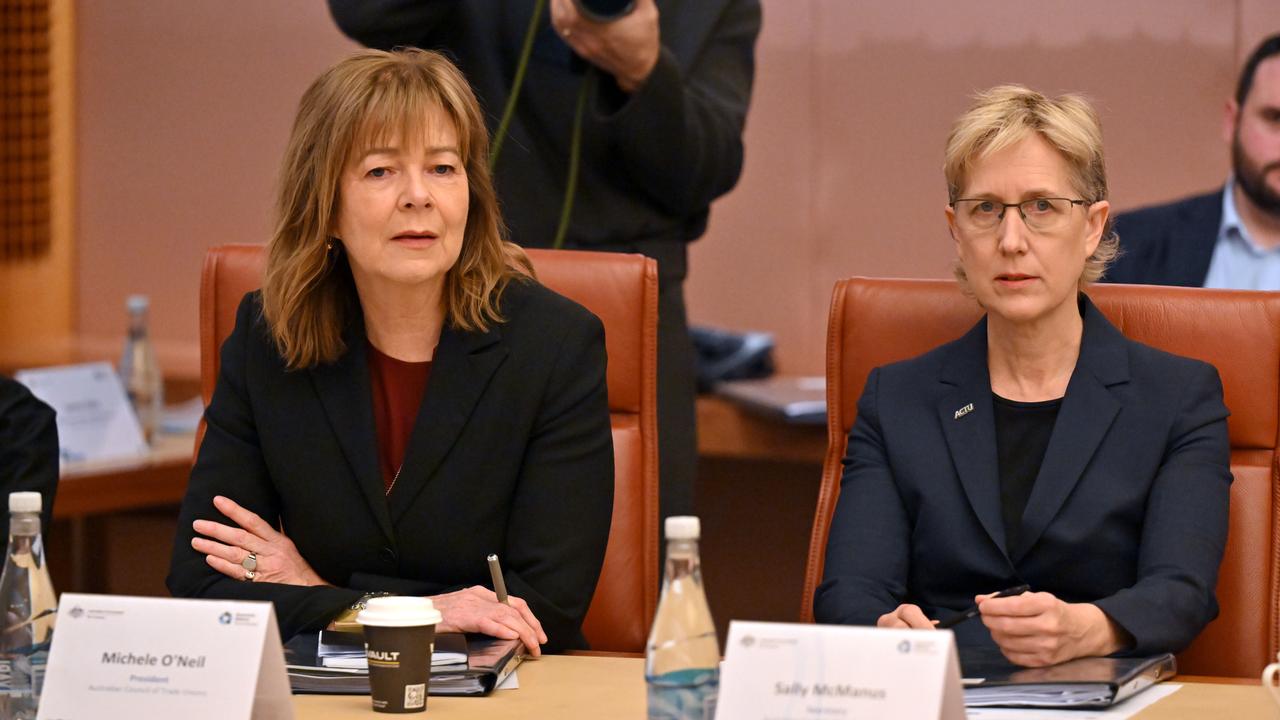
Unions and business groups had been preparing for a bust-up when the three-day talkfest turned to AI on Wednesday, given disagreement in the lead-up around the need to regulate the burgeoning technology.
The ACTU called for agreements forcing employers to consult staff before introducing new AI technology into workplaces, while business groups warned increased regulation would stifle AI’s adoption and potential productivity benefits.
“I wasn’t going into that conversation thinking, actually, that there would be much agreement around the table,” Ms McManus said.
“Actually, in the end, there was a lot of common ground. None of us want to see AI used in a way that’s going to destroy jobs. None of us want to see AI leading to the theft, as is happening now, of the work of creatives and journalists and also academics.”
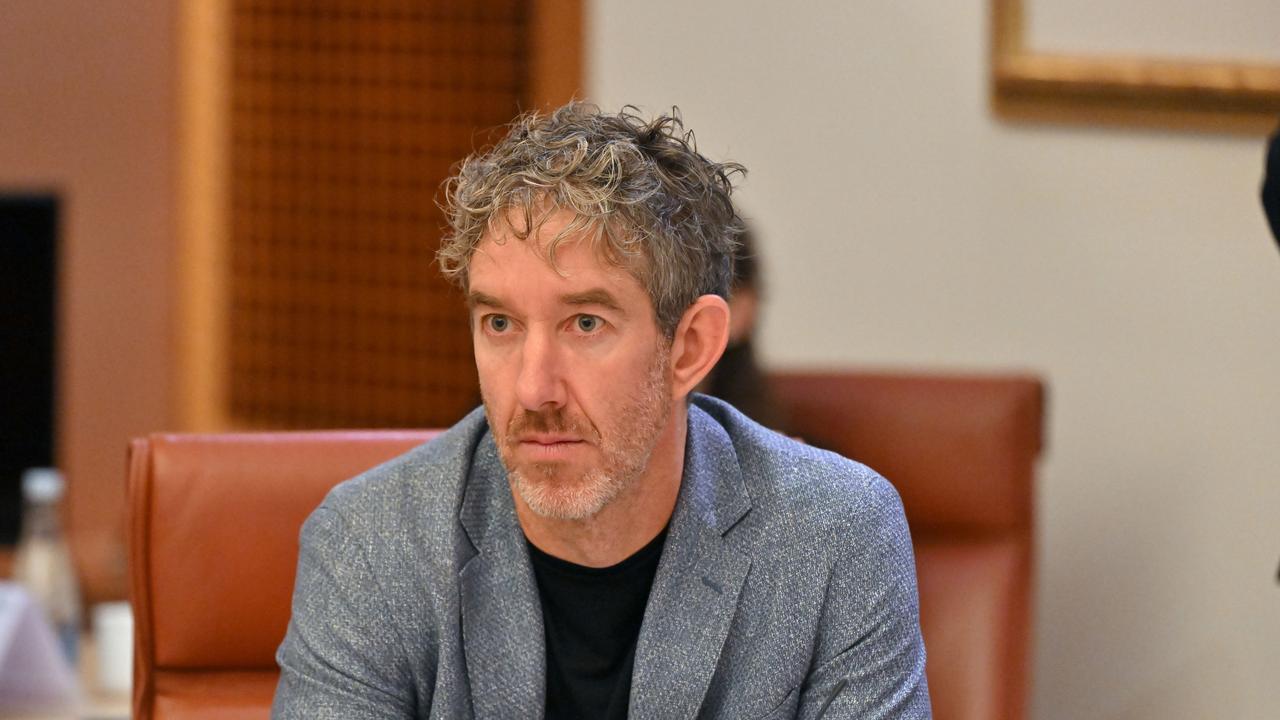
Business groups also said there was more agreement in the room than they had anticipated.
“I made the point that there’s risk not just for workers,” said Australian Industry Group chief executive Innes Willox.
“Business owners are looking at their own future or extinction. So I think there was a lot of understandings there.”
While the union still wants to see a comprehensive AI act to manage the technology’s rollout, Ms McManus said it was more invested in achieving a fair outcome rather than a specific mechanism.
“We don’t want people’s jobs completely destroyed. We don’t want a small number of billionaires that aren’t even in our country to be controlling things,” she said.
“There’s also the other side, and it’s a utopian side, that AI can be a superpower for all of us.”
The Finance Sector Union has called for a “digital just transition” to protect white collar workers from being replaced by AI.
The union claimed victory on Thursday after Commonwealth Bank backflipped on a decision to make 45 call centre jobs redundant due to the introduction of a new AI-powered voice bot which the bank claimed would cut call volumes.
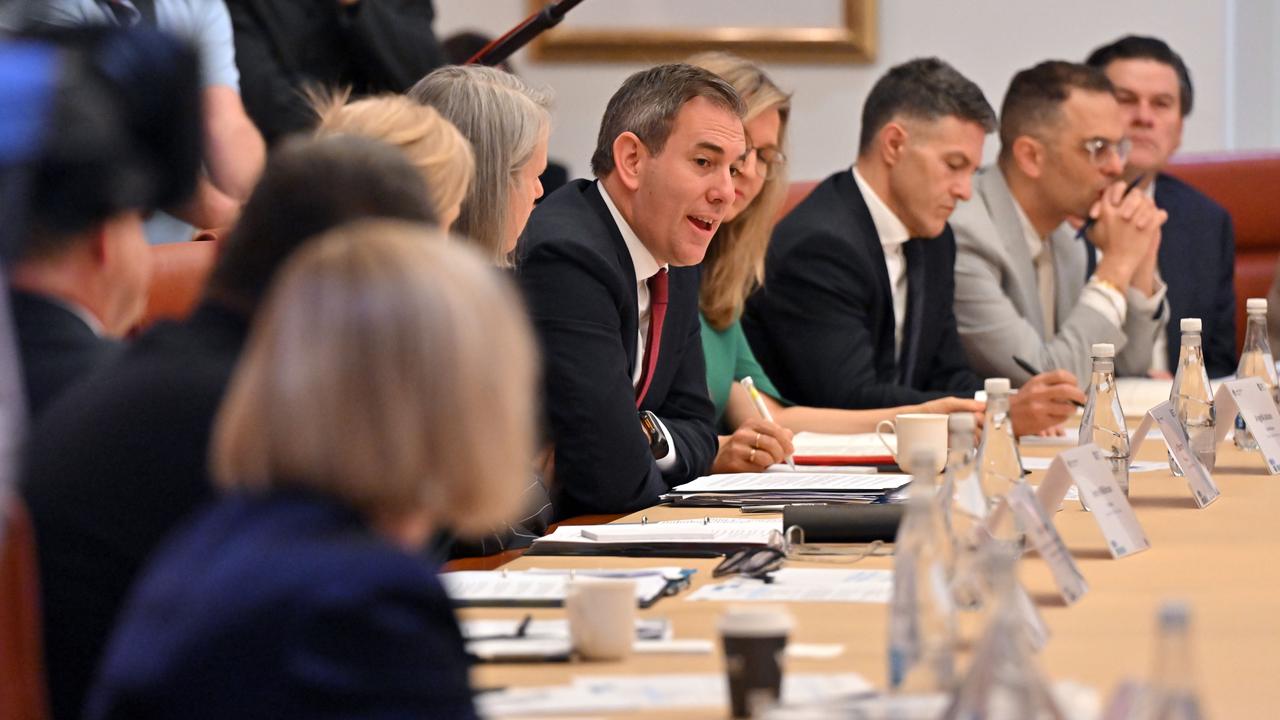
A CBA spokesperson said it made an error in assessing that the roles were no longer required because the bank “did not adequately consider all relevant business considerations”.
“We have apologised to the employees concerned and acknowledge we should have been more thorough in our assessment of the roles required.”
The Tech Council has been contacted for comment.
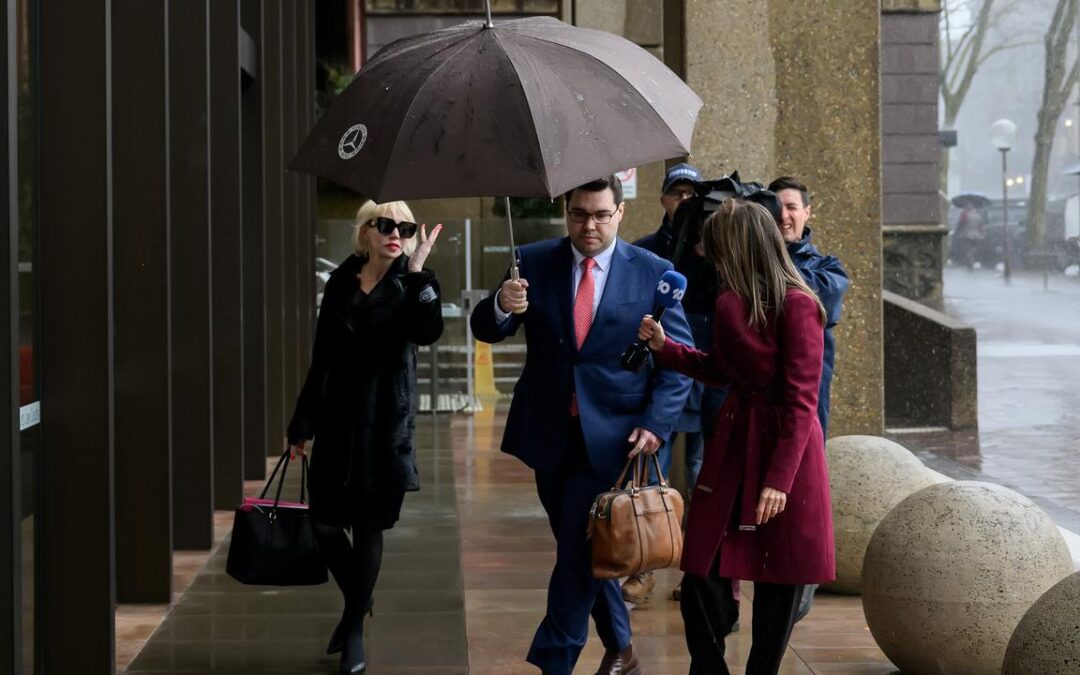
Lehrmann judge ‘distracted’ by cover-up, lawyer says
The judge who found Bruce Lehrmann likely raped his then-colleague Brittany Higgins was “distracted” by allegations of a parliamentary cover-up, a court has been told.
The former federal political staffer was found by Justice Michael Lee to have, on the balance of probabilities, raped Ms Higgins in parliament house in 2019.
The judge’s decision was revealed in April 2024 after Lehrmann sued Network Ten and journalist Lisa Wilkinson for defamation over an interview with Ms Higgins during which she aired the allegations.
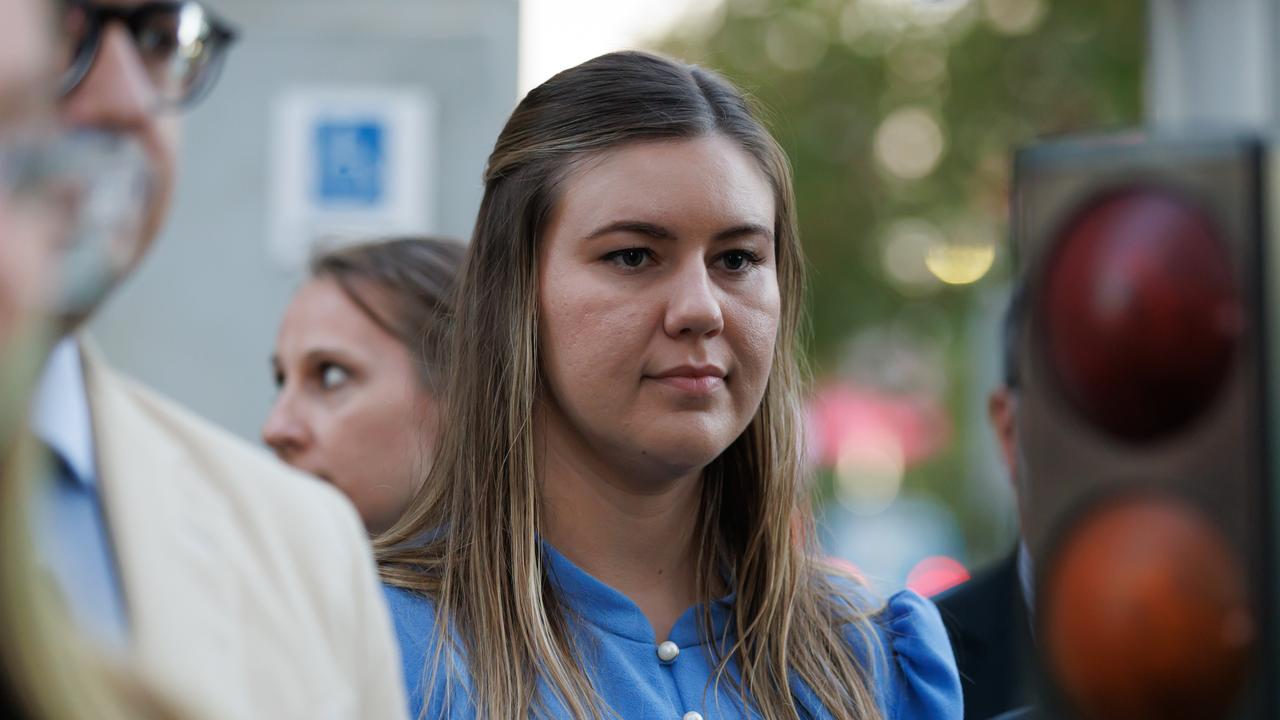
Lehrmann has launched an appeal against the ruling in the Federal Court, arguing he was denied procedural fairness and should be awarded more than $20,000 in damages.
Wilkinson’s lawyer on Thursday urged the panel of judges to find her client had acted reasonably in broadcasting Ms Higgins’ rape claims on The Project in 2021.
Justice Lee found the journalist and Ten had acted unreasonably in publishing the allegations, in part because they should have seen the entwined allegations of a cover-up as implausible.
Ms Higgins claimed she had reported the rape to her superiors at parliament house, including her boss then-senator Linda Reynolds, but little action was taken.
But Sue Chrysanthou SC argued the alleged cover-up should have been considered separately from Ms Higgins’ account of sexual assault, because it was not connected to Lehrmann.
“His Honour was distracted by the so-called cover-up when he should have focused on the rape,” she said.
Justice Lee found the journalist wanted to tell the “explosive political story” of “an extraordinary cover-up” and did not do any further checking or research.
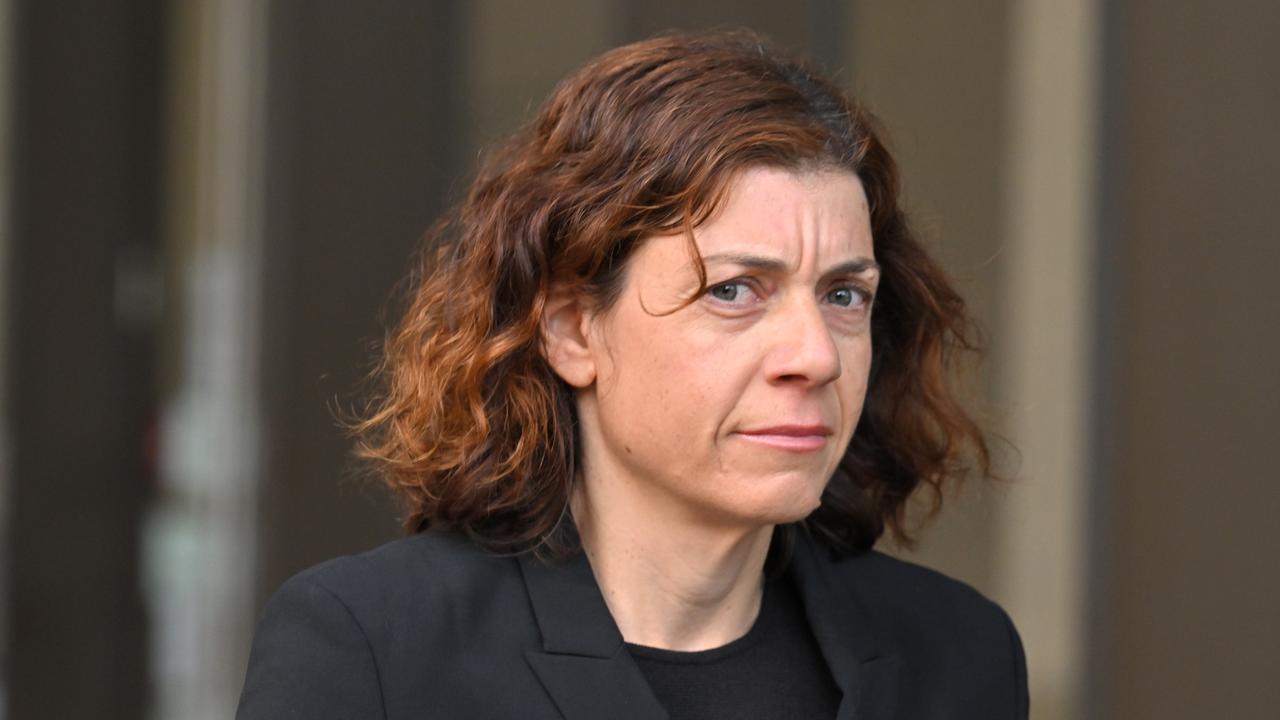
But Wilkinson had been shown “compelling” evidence of Ms Higgins’ report of sexual assault and her contact with a rape crisis centre in Canberra, her lawyer said.
“By the time of broadcast, there was no doubt in my client’s mind of contemporaneous reports of rape,” Ms Chrysanthou said.
She contended Justice Lee failed to consider dozens of emails sent to various political figures who were given the opportunity to respond to Ms Higgins’ claims.
Any denials received were included in the broadcast, Ms Chrysanthou said, as part of the “exemplary conduct” of her client and Ten.
“Over and over again, (Justice Lee) criticises the belief in the allegations,” she told the court.
“They didn’t just blindly believe them, they asked people: ‘Is this right?'”
The court was told Lehrmann, who has not been convicted of any offence related to Ms Higgins’ allegations, was also emailed for his response on the Friday afternoon prior to the broadcast, but he claimed he only received the query afterwards.
Justice Lee was critical that the former Liberal staffer had not been provided enough time to respond to the claims, but it was not Wilkinson’s job to contact him, her lawyer said.
The broadcast veteran had been so “convinced he might respond” that she spent the night preparing interview questions, Ms Chrysanthou told the court.
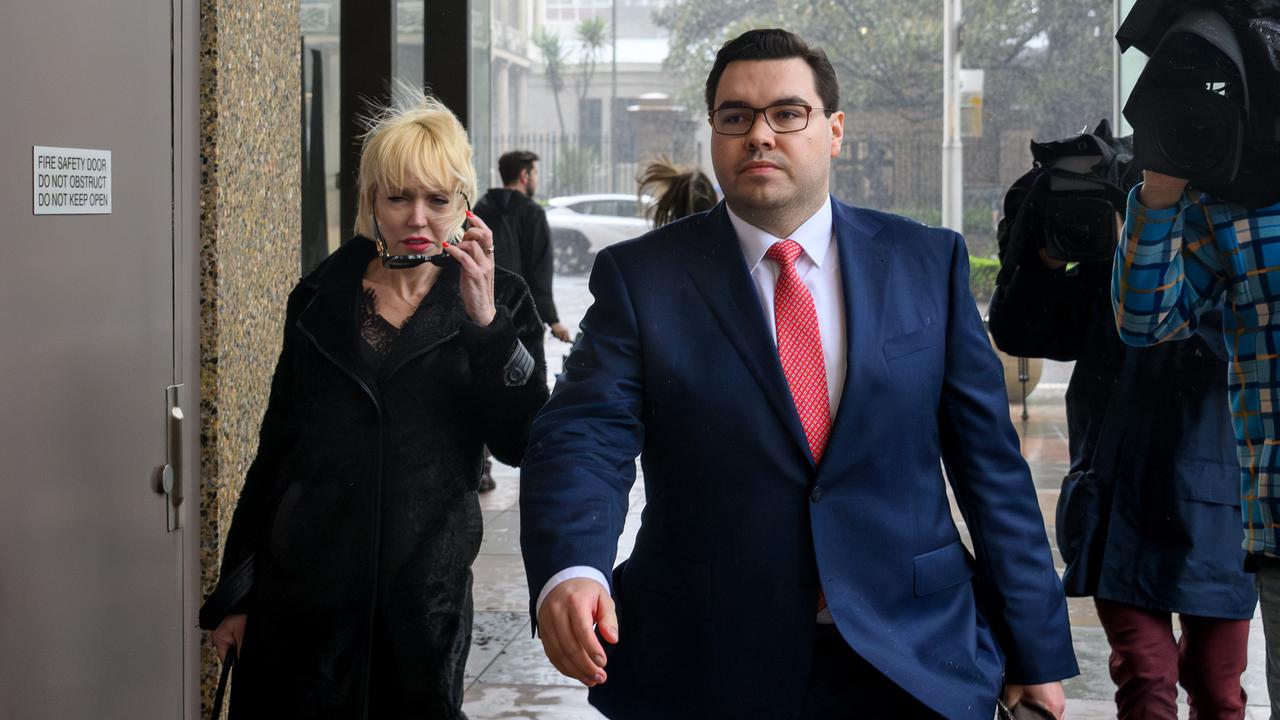
Wilkinson was an experienced journalist who discharged her responsibilities well but was excluded from some relevant emails and discussions of the final broadcast, the court was told.
Lehrmann has argued that, given the seriousness of the rape claims, Wilkinson should have personally made her own inquiries and properly notified him about Ms Higgins’ allegation.
Ms Chrysanthou encouraged the court to uphold Justice Lee’s finding that the rape claims broadcast on The Project were substantially true.
Lehrmann is arguing the judgment should be overturned on four grounds, including that Justice Lee used a definition of rape that was inconsistent with what an ordinary person would understand.
He maintains he did not sexually assault Ms Higgins and a criminal case in 2022 was abandoned without any findings against him.
1800 RESPECT (1800 737 732)
National Sexual Abuse and Redress Support Service 1800 211 028
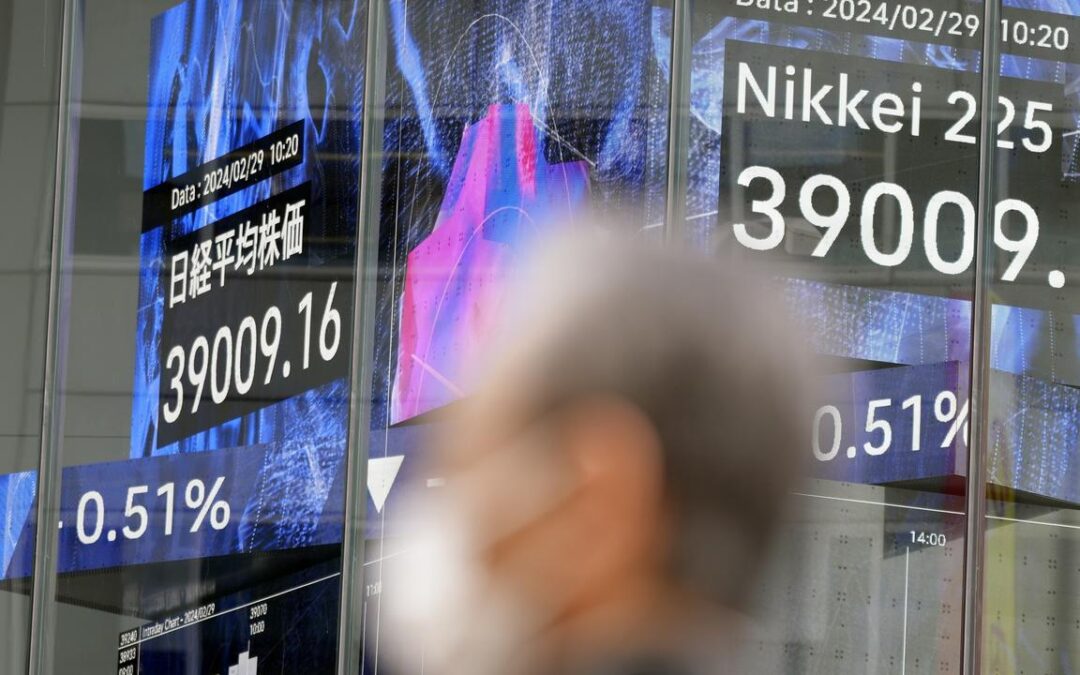
Asian stocks mixed as markets brace for Fed meeting
The US dollar has hovered below a one-week high and Asian stock markets were broadly mixed as investors braced for three days of potentially market-moving news from the Federal Reserve’s annual symposium.
Central bankers from around the world will attend the event, which begins in Jackson Hole, Wyoming later in the day, although the key focus will be Fed Chair Jerome Powell’s speech on Friday as traders look for clues on the chances of a September rate cut.
Japan’s Nikkei drooped 0.6 per cent in the morning session, retreating further from the record peak reached on Tuesday.
Despite a tech-led selloff on Wall Street overnight, Japanese chip stocks were a mixed bag, with Advantest up 3 per cent while Tokyo Electron dropped 2 per cent.
South Korea’s KOSPI bounced 0.9 per cent after dipping to a six-week low on Wednesday. Australia’s benchmark gained 0.6 per cent and renewed an all-time high.
Mainland Chinese blue chips gained 0.5 per cent, although Hong Kong’s Hang Seng was largely flat.
US stock futures pointed lower, with Nasdaq futures sagging 0.2 per cent and S&P 500 futures easing 0.1 per cent. Overnight, the Nasdaq Composite slid 0.7 per cent and the S&P 500 cash index slipped 0.2 per cent.
“There remains a bearish skew for equities at the moment,” said Kyle Rodda, an analyst at Capital.com.
“Equity prices are beginning to reflect the risk of disappointment at Jackson Hole, with doubts circulating about whether the Fed will pivot as aggressively in the dovish direction implied by rates markets – or even pivot at all.”
Traders currently lay odds of about 80 per cent for a quarter-point Fed rate cut on September 17, and price in a total of 52 basis points of easing over the rest of the year. This time on Wednesday, the odds for a cut next month stood at 84 per cent.
Fed Chair Powell has said he is reluctant to cut rates because of expected tariff-driven price pressures this summer.
Minutes released overnight from the Fed’s July gathering, when policymakers voted to keep rates steady, suggested that Fed Vice Chair for Supervision Michelle Bowman and Governor Christopher Waller were alone in pushing for a rate cut at the meeting.
Traders ramped up bets for a September cut following a surprisingly weak payrolls report at the start of this month, and were further encouraged after consumer price data showed limited upward pressure from tariffs.
However, a hotter-than-expected producer price reading last week complicated the policy picture.
President Donald Trump is again exerting pressure on the central bank.
After continuing his attacks on Powell earlier in the week for refraining from cutting rates, Trump on Wednesday targeted Fed Governor Lisa Cook, demanding she resign amid allegations of wrongdoing connected to mortgages on properties she owns in Georgia and Michigan.
Cook said she had “no intention of being bullied to step down”.
Trump’s push for more control over the Fed unnerved investors earlier in the year, sending the dollar tumbling.
The currency has largely taken the latest developments in stride though, and the dollar index was steady at 98.252 on Thursday, after grinding to the highest since August 12 at 98.441 a day earlier.
“The broader implication is rising tensions between the Fed and the US administration,” said Rodrigo Catril, a strategist at National Australia Bank.
“Trump’s push to confirm Stephen Miran could add another vote for cuts in September, and if he was to successfully remove Cook, the Fed Board could end up with four members out of seven supporting his lower rates call.”
US 10-year Treasury yields were steady at 4.2965 per cent in the latest session.
Japanese government bond yields edged higher though, with the 20-year yield advancing to 2.655 per cent for the first time since late 1999. Among other things, investors are wary of increased fiscal spending amid growing pressure for the Japanese prime minister to step down.
The dollar traded little changed at 147.41 yen.
The euro and sterling were flat at $1.1647 and $1.3458, respectively.
Bitcoin continued to claw its way back from a 2-1/2-week low reached Wednesday at $112,386.93, edging up to around $114,690.
Gold eased slightly to around $3,342 per ounce.
Oil prices edged higher as larger-than-expected declines in crude oil and fuel inventories in the US supported expectations for steady demand.
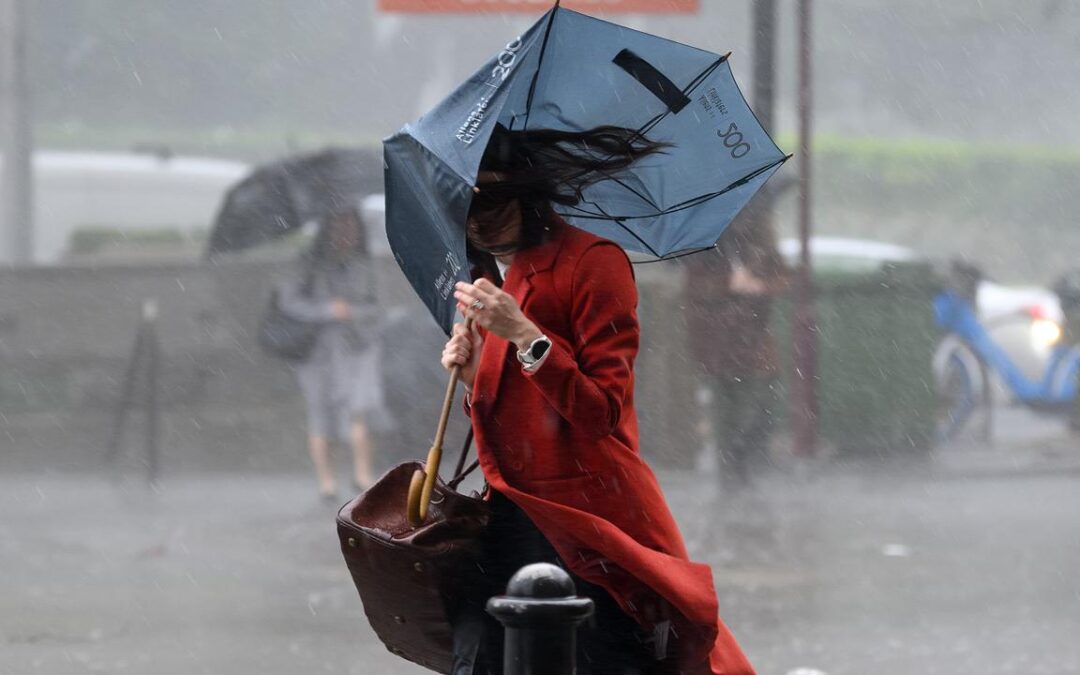
Father and son missing in river as flood threat builds
Police divers are searching for a father and son missing after their car crashed into a tree and ended up in a river, as heavy rain creates dangerous conditions.
Another son escaped and reached the riverbank after the car went into the Macdonald River at St Albans, northwest of Sydney, about midnight on Wednesday.
“Police divers are at the scene and making attempts to search for the vehicle and those occupants,” NSW Police Inspector Claudette Gebrael told reporters on Thursday.
“(The car) may have hit a tree to start with and then entered the water.”
The man who escaped is believed to be in his 20s. One of the missing men is of a similar age and the other is believed to be in his 50s.
“We believe that they’re sons and a father,” Insp Gebrael said.
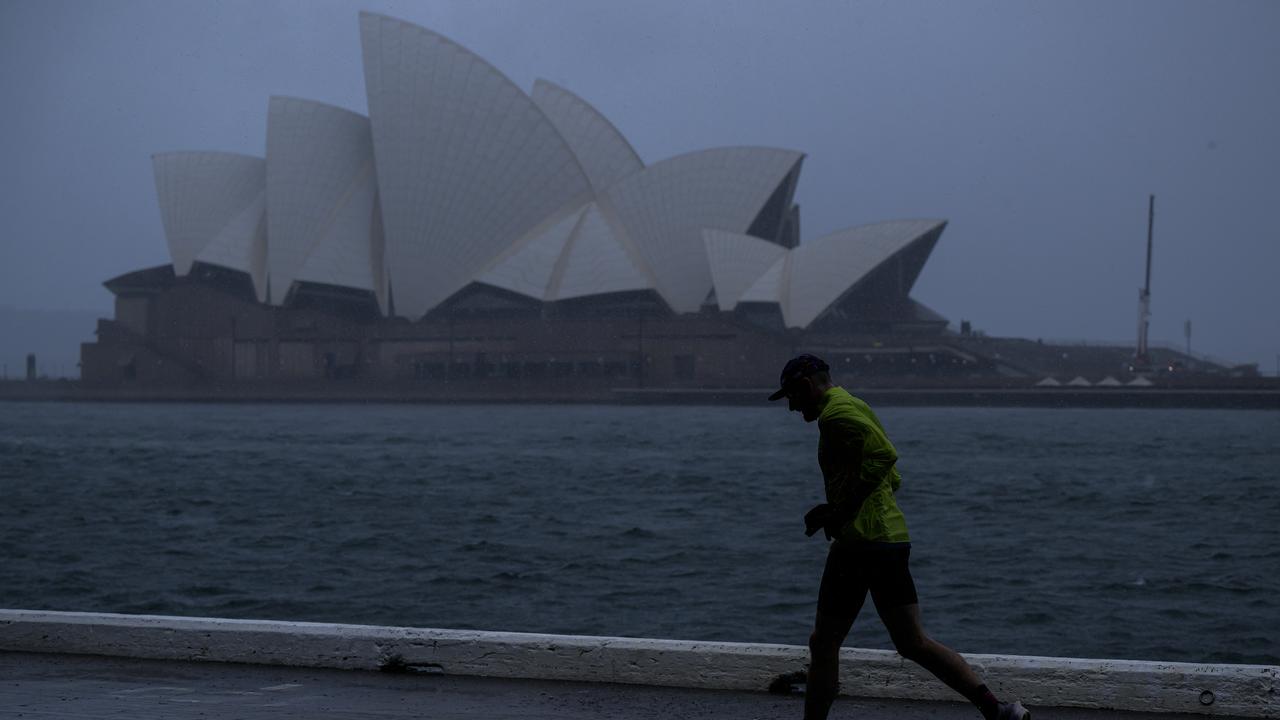
The search comes as persistent heavy rain engulfs NSW and Queensland.
Sydney’s Observatory Hill station measured 82mm in the 24 hours to 9am – exceeding the August average in a day – while totals above 50mm were widespread along nearby coastal areas.
The NSW SES has warned motorists not to enter floodwaters, which may close roads.
SES deputy commissioner Debbie Platz said the agency conducted four flood rescues overnight and urged people to stay off the roads if they can.
“It’s a really dangerous situation,” she told ABC News on Thursday.
A man was rescued from a vehicle caught in floodwaters at Douglas Park, southwest of Sydney, while the agency had received almost 700 calls for assistance since the rain began.
It’s the latest severe weather event to hit NSW in recent months.
Ms Platz said the agency’s 11,000 volunteers involved in repeated responses do “extraordinary work”.
“They’re dedicated, they’re passionate, and they’ll just keep on going,” she said.
The Bureau of Meteorology’s Helen Reid said the rain was likely to ease on Friday, before continuing through the weekend.
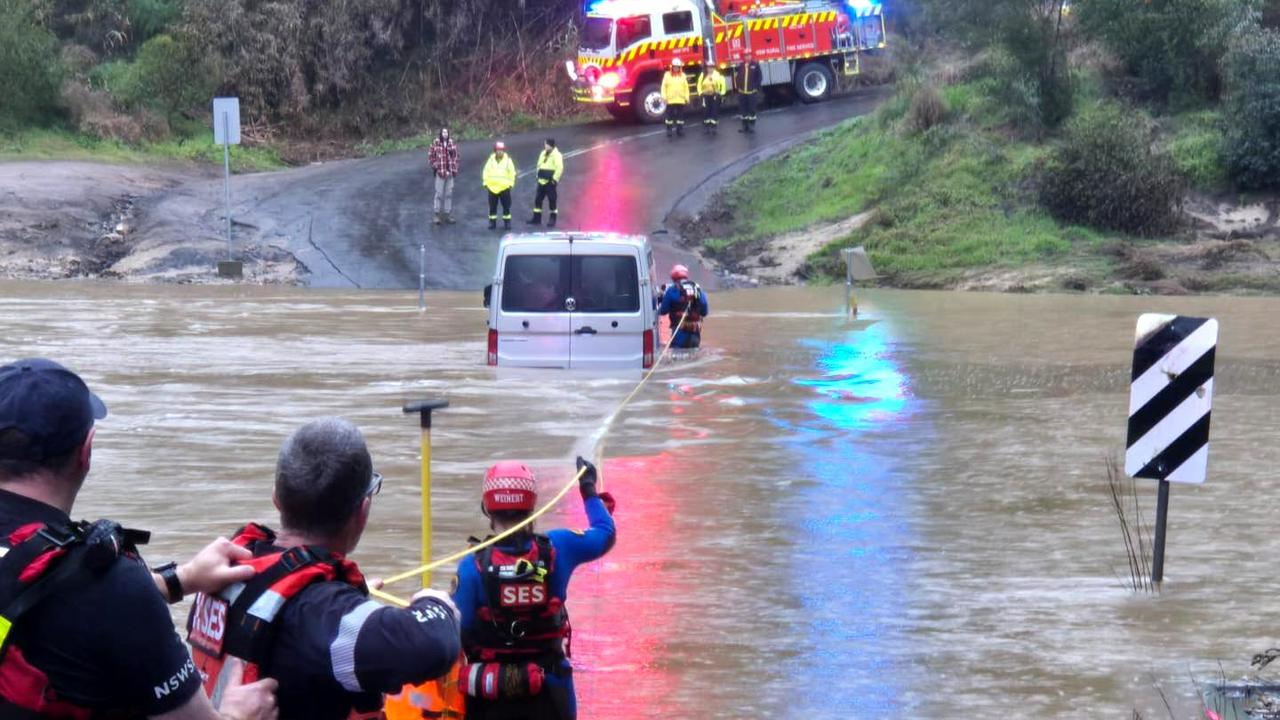
“However, we are likely to see the impacts of any flooding that develops continuing into next week,” she said.
“Due to the recent wet conditions, rivers across northeast NSW have responded quickly to the rainfall seen overnight.”
Flood watches are active around the mid-north coast, northwest slopes and Hunter region in NSW, with major flooding possible on the Gwydir and Namoi rivers.
Graziers have been warned that lambs and sheep exposed to the cold temperatures and downpours on Thursday may not survive.
Wet weather was expected to ease around inland areas as a low-pressure system moved away from the east coast, drawing the rain offshore, Ms Reid said.
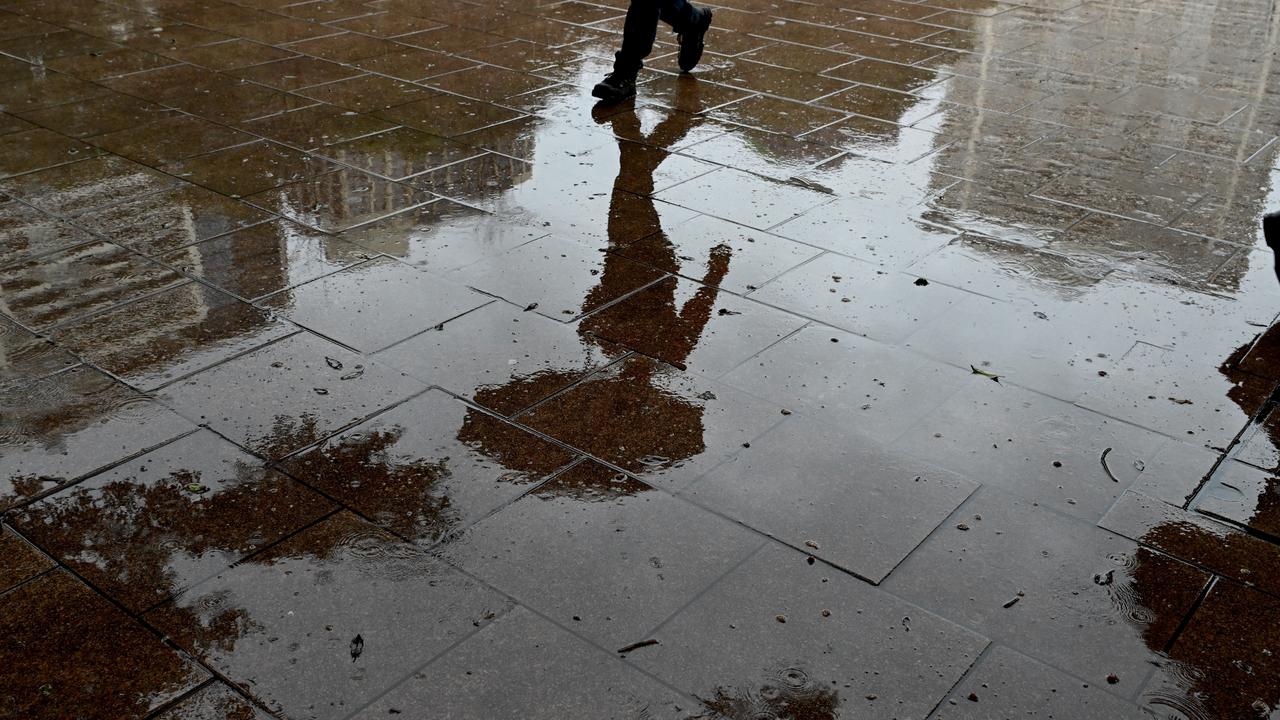
Higher falls are expected closer to the coast.
Port Macquarie on the NSW mid-north coast recorded more than 141 millimetres in the 24 hours to 9am on Thursday, with more than 146mm falling at nearby Lake Cathie.
Rainfall totals above 50mm were widespread in coastal parts of Sydney, the Central Coast and Wollongong.
More than 345mm of rain has fallen in three weeks in Sydney’s CBD, closing in on the city’s all-time August record of 482mm, set in 1998.
In southeast Queensland, North Stradbroke Island and parts of the Gold Coast received more than 50mm of rain, with Coombabah Creek recording 80mm in the 24 hours to 9am.
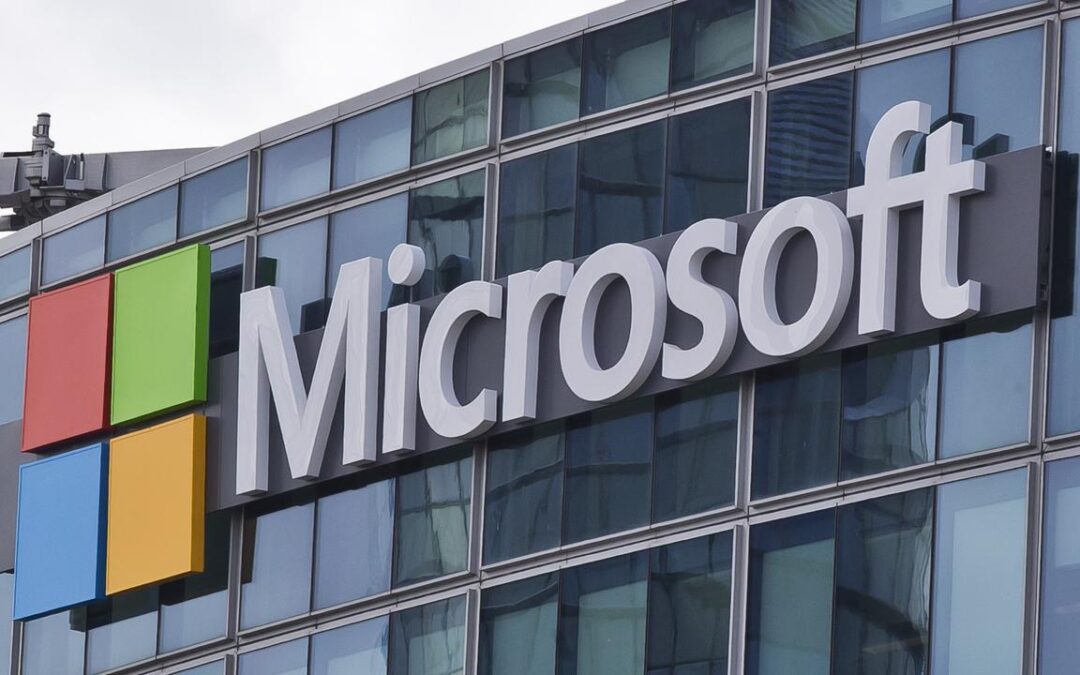
Microsoft workers up in arms over Israel’s use of tech
Worker-led protests at Microsoft headquarters have resulted in 18 arrests as the tech company promises an “urgent” review of the Israeli military’s use of its technology during the ongoing war in Gaza.
Two consecutive days of protest at the Microsoft campus in Redmond, Washington called for the tech giant to immediately cut its business ties with Israel.
But unlike Tuesday, when about 35 protesters occupying a plaza between office buildings complied when Microsoft asked them to leave, the protesters on Wednesday “resisted and became aggressive” after the company told police they were trespassing, according to the Redmond Police Department.
The protesters also splattered red paint resembling the colour of blood over a landmark sign that bears the company logo and spells Microsoft in big grey letters.
Microsoft late last week said it was tapping a law firm to investigate allegations reported by UK newspaper The Guardian that the Israeli Defence Forces used Microsoft’s Azure cloud computing platform to store phone call data obtained through the mass surveillance of Palestinians in Gaza and the West Bank.
“Microsoft’s standard terms of service prohibit this type of usage,” the company said in a statement posted Friday, adding that the report raises “precise allegations that merit a full and urgent review.”
In February, The Associated Press revealed details about the tech giant’s close partnership with the Israeli Ministry of Defence, with military use of commercial artificial intelligence products skyrocketing by nearly 200 times after the deadly October 7, 2023, Hamas attack. The AP reported that the Israeli military uses Azure to transcribe, translate and process intelligence gathered through mass surveillance, which can then be cross-checked with Israel’s in-house AI-enabled targeting systems.
Microsoft acknowledged the military applications but said a review it commissioned found no evidence its Azure platform and artificial intelligence technologies were used to target or harm people in Gaza. Microsoft did not share a copy of that review or say who conducted it.
Microsoft said it will share the latest review’s findings after it’s completed by law firm Covington & Burling.
The promise of a second review was insufficient for the employee-led No Azure for Apartheid group, which for months has protested Microsoft’s supplying the Israeli military with technology used for its war against Hamas in Gaza. The group said Wednesday the technology is “being used to surveil, starve and kill Palestinians.”
Microsoft in May fired an employee who interrupted a speech by CEO Satya Nadella to protest the contracts, and in April, fired two others who interrupted the company’s 50th anniversary celebration.
On Tuesday, the protesters posted online a call for what they called a “worker intifada,” using language evoking the Palestinian uprisings against Israeli military occupation that began in 1987.
Microsoft said in a statement after the arrests that it “will continue to do the hard work needed to uphold its human rights standards in the Middle East, while supporting and taking clear steps to address unlawful actions that damage property, disrupt business or that threaten and harm others.”
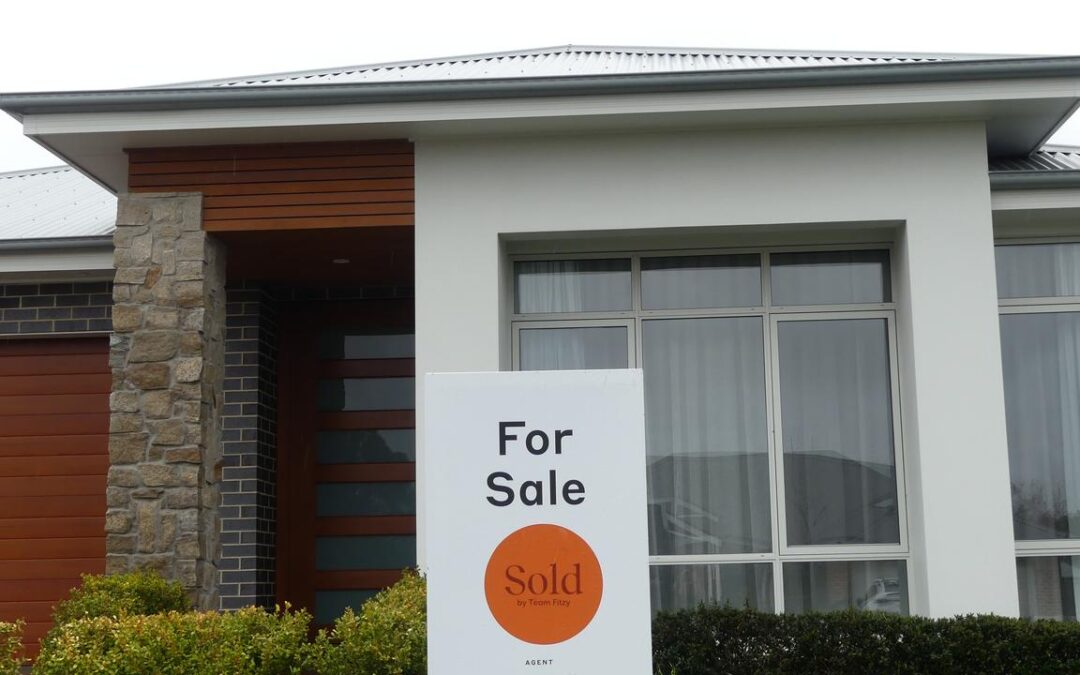
Classic country houses holding back the regional dream
The typical country house has a big backyard, lots of room for a family, a manicured green lawn, a garden shed and likely a blooming rose bush or two.
But this idyllic image of rural living is part of a complex set of problems holding regional Australia back, as a worsening housing shortage sets in, according to new research.
Low density, detached dwellings dominated regional housing approvals by the end of 2024, at a time when the population was booming and rental vacancy rates were at just 1.7 per cent.
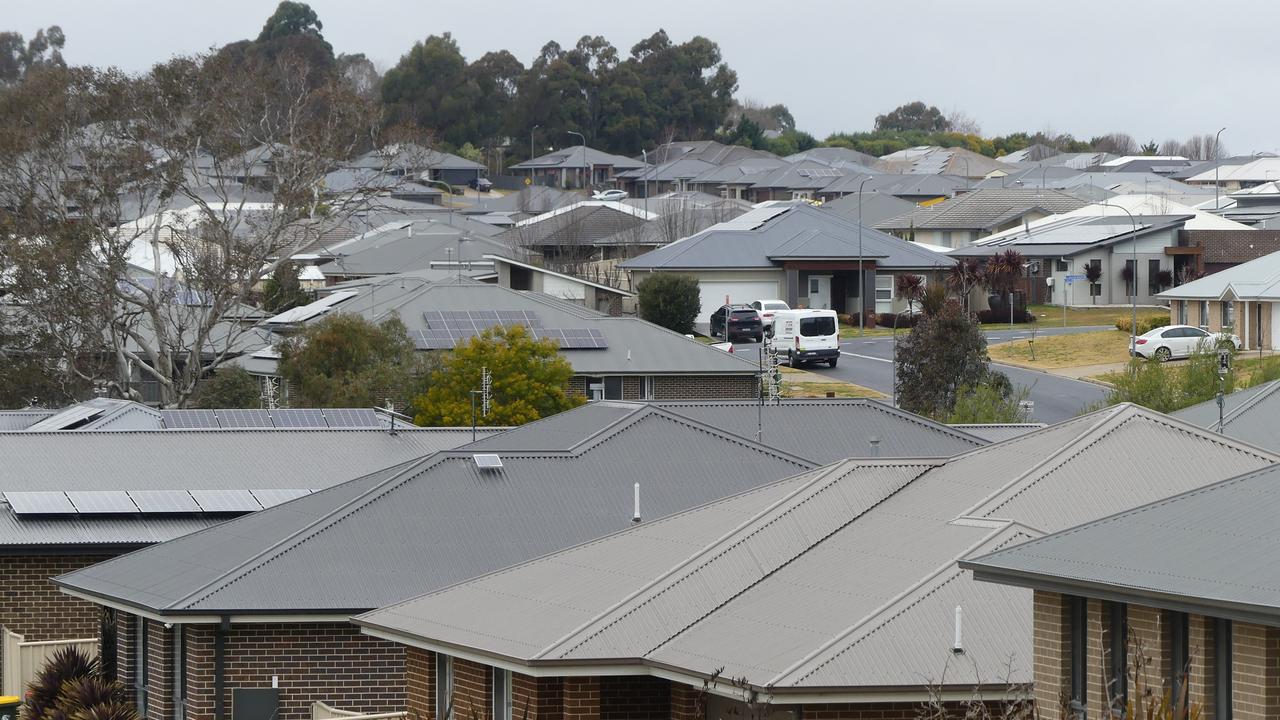
This limited housing diversity in country towns was making it difficult to house critical workers, such as doctors, teachers and the labourers who would drive renewable energy projects, a landmark report from the Regional Australia Institute said.
“The lack of dedicated national and state-level attention to regional housing has led to persistent barriers in planning, financing, construction and infrastructure delivery,” said the Answering the Call for Regional Housing report, released on Thursday.
“Consequently, many regional communities lack the housing diversity and supply needed to support essential workers, accommodate population growth, enable our senior residents to remain in their communities and support our most vulnerable.”
Total housing approvals in the regions fell to 48,570 per annum in 2024, while the population grew by more than 117,000 in 2023.
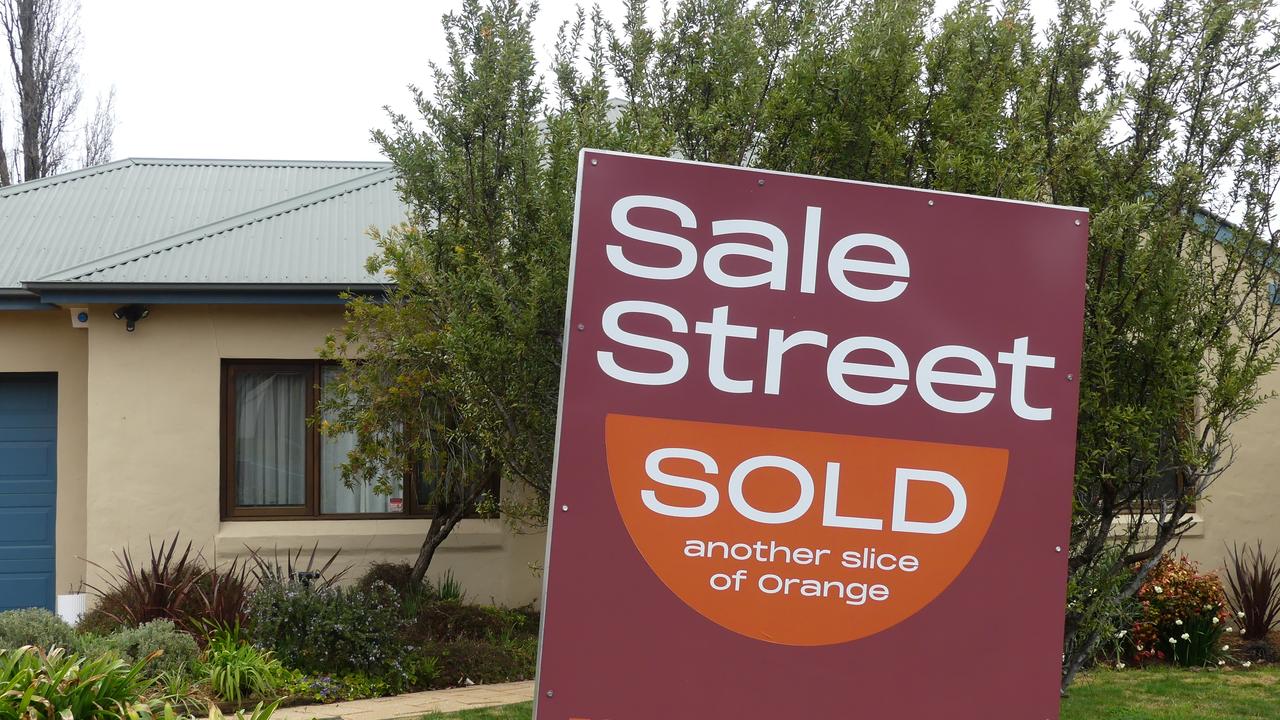
The low supply and high demand led regional house prices to rise by 62 per cent in the five years to mid-2024, compared to 37 per cent in the capitals.
The housing affordability advantage in the country was waning, the report said.
The worsening squeeze has led the regional think tank to call for 480,000 of the National Housing Accord’s 1.2 million homes to be built outside the cities.
Under the accord, federal, state and territory governments have agreed to the building target over five years.
“The focus of the national housing debate must shift towards increased housing construction in regional Australia,” institute chief executive Liz Ritchie said.
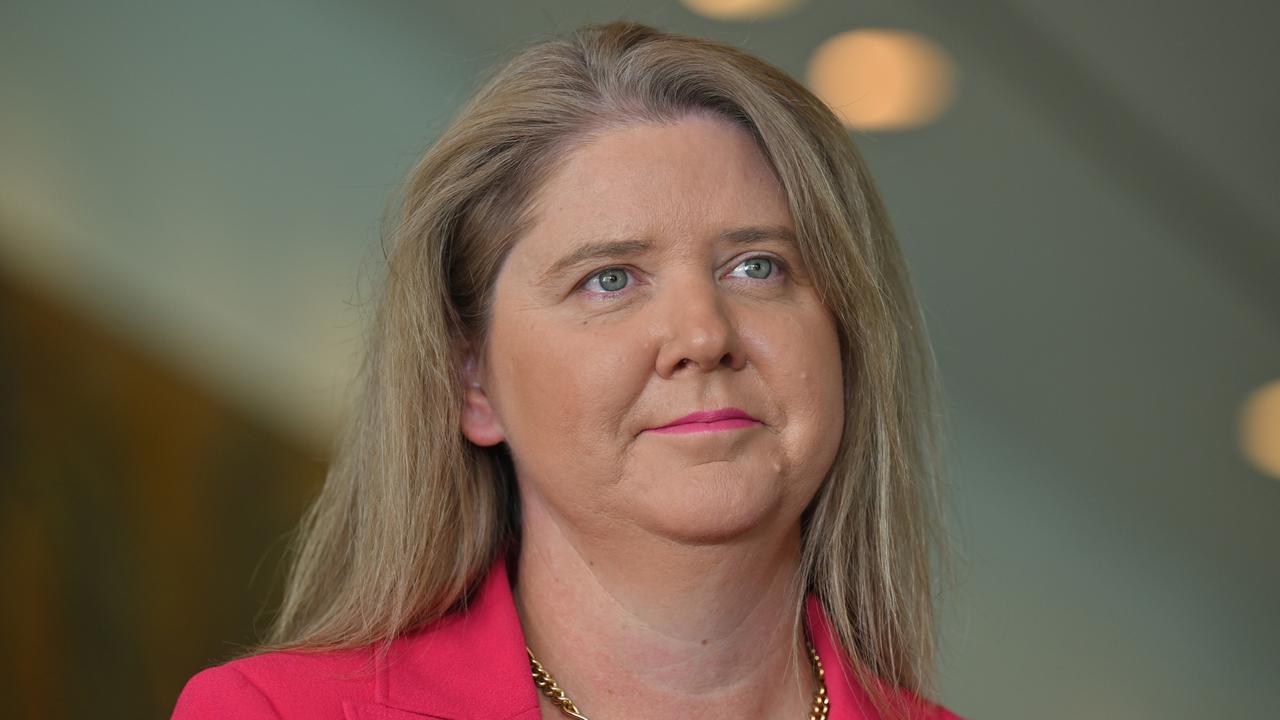
The research also recommended governments establish regional housing agencies, along with the appointment of a federal regional housing commissioner.
Targeted funding for key worker housing should also be increased, while regional construction businesses should be supported to deliver larger and multi-complex dwellings.
“Right now the national housing discourse is dominated by talk of capital city growth and fails to address the chronic housing shortfalls in regional Australia,” Mr Ritchie said.
“However, without a significant step-up in housing supply in the regions, our communities will struggle to attract and retain workers, deliver services and grow economically.”
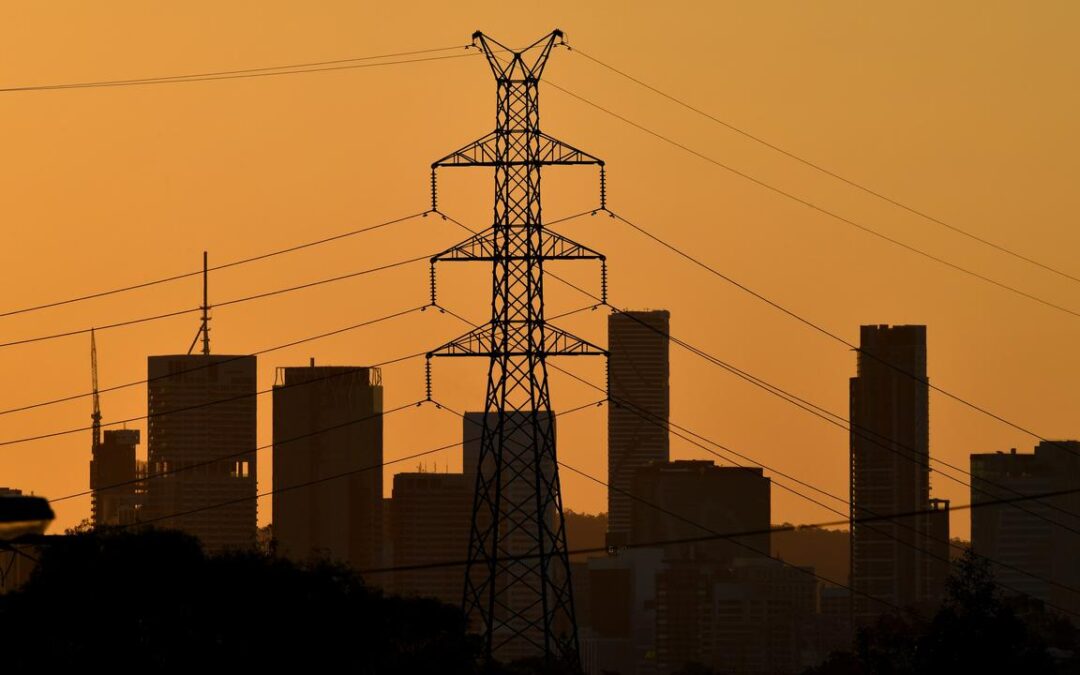
Grid reliability gaps covered, if no project delays
Australia is tracking comfortably towards meeting its electricity needs as coal plants retire, provided new solar, wind, storage and transmission comes online without delays.
The operator of the national electricity grid, which serves the five eastern states and the ACT, describes a “healthy” pipeline of new investment to keep the lights on over the next decade.
Yet Australian Energy Market Operator’s latest reliability snapshot does nod to recent delays in energy infrastructure rollout.
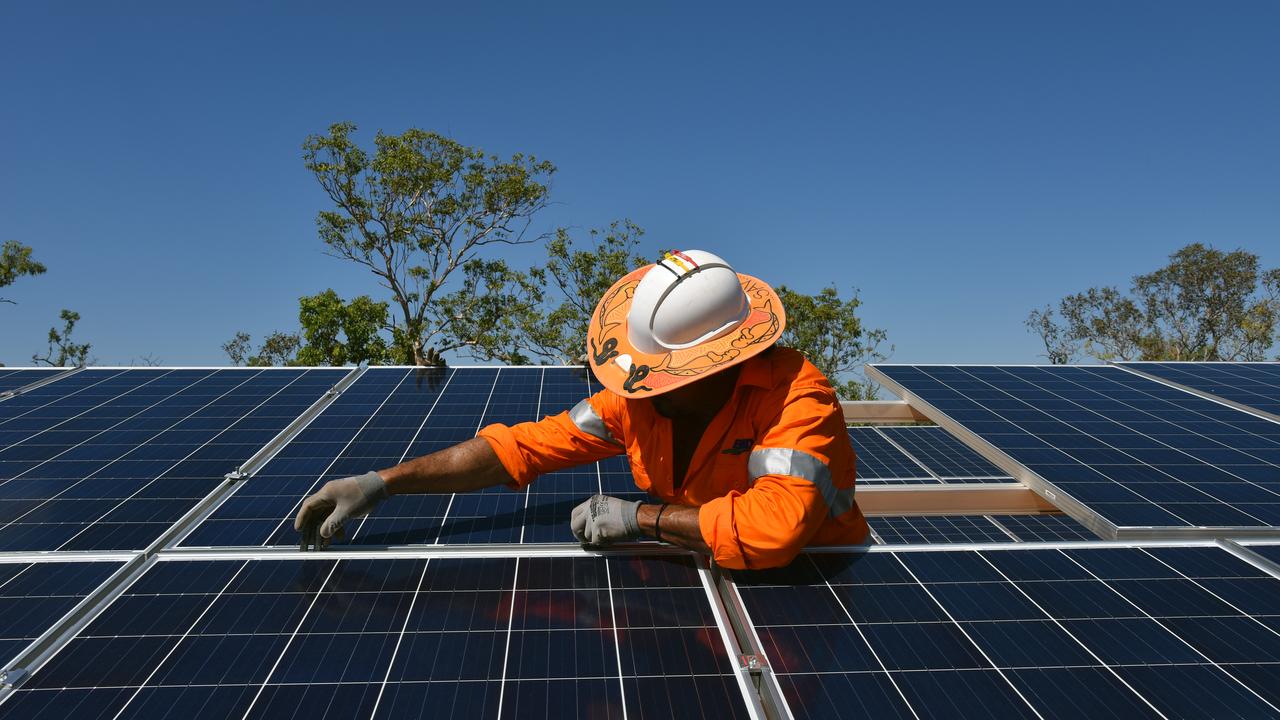
Near-term reliability gaps in Queensland and South Australia start to look more likely when the operator only factors in development that has already ticked off planning approval, finance and other AEMO-determined “commitment criteria”.
Even with those conservative assumptions on project delivery, the market operator still believes the outlook for grid reliability has improved compared with 2024.
Additionally, the retirement of large power stations is the primary trigger for reliability concerns.
To meet national climate commitments, Australia has been transitioning its electricity grid from emissions-intensive coal to renewable energy sources backed up by storage.
Thursday’s assessment suggests the transition is broadly heading in the right direction, reflecting generous investment in new generation and storage helped along by state and federal policies.
A record 4.4GW of new generation and storage was commissioned in the year to June, and between 5.2GW and 10.1GW are expected to be commissioned each year over the next five years.
AEMO chief executive Daniel Westerman said ongoing reliability was dependent on energy projects being delivered on time and as promised.
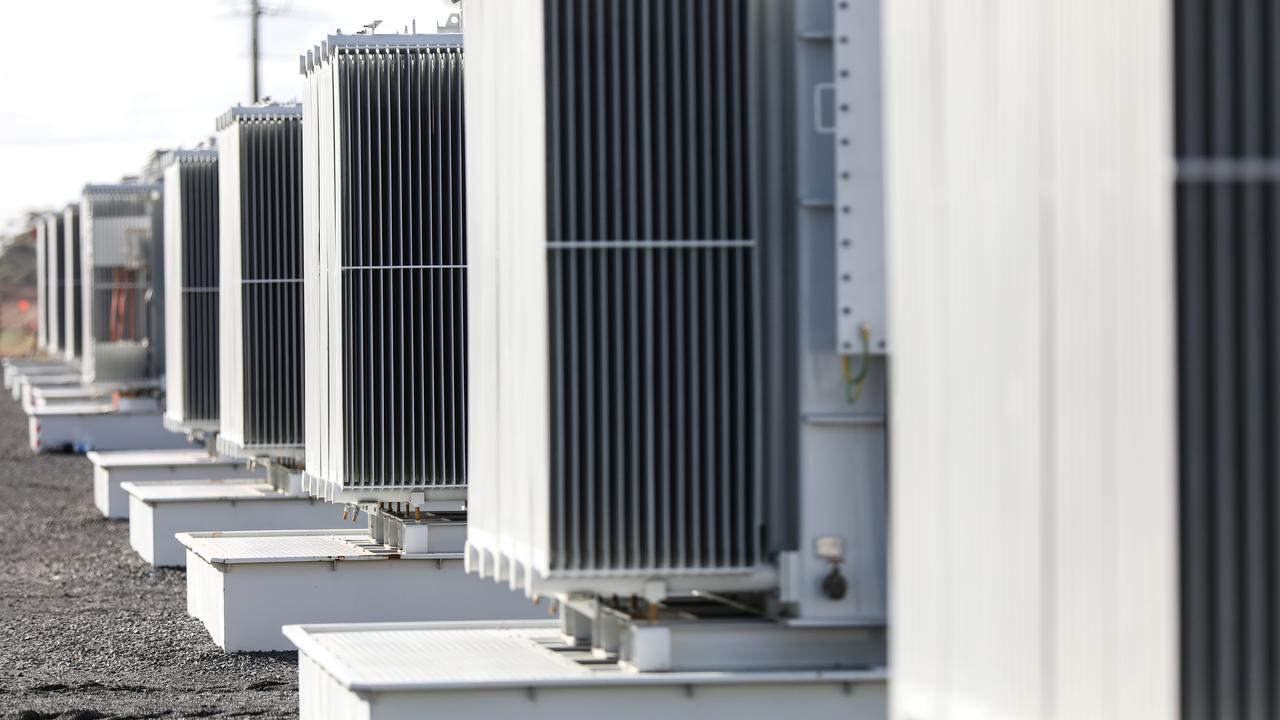
This includes the rooftop solar, batteries, electric vehicles and other smart devices the market operator considers a “valuable resource” for the future energy system, if well co-ordinated.
“The 10-year investment pipeline to manage energy reliability is healthy,” Mr Westerman said.
“Considering the large volume of generation retirements over the next decade, the timely delivery of new generation, storage and transmission, along with the operation of consumer energy resources to support reliability, remain critical.”
Delayed planning assessments, transmission build-outs, grid connections and environmental assessments have been well documented and rank as top concerns for renewable investors.
Environmental law reform and other opportunities to clear the way for faster clean energy delivery are expected to be topics of discussion at the federal Economic Reform Roundtable underway in Canberra.
The market operator also expects demand to ramp up in the next few years, pencilling in a 21 per cent increase in operational consumption in the next decade.
This forecast growth reflects “rapid expansion” of data centres, ongoing business electrification and more industrial energy users in general.